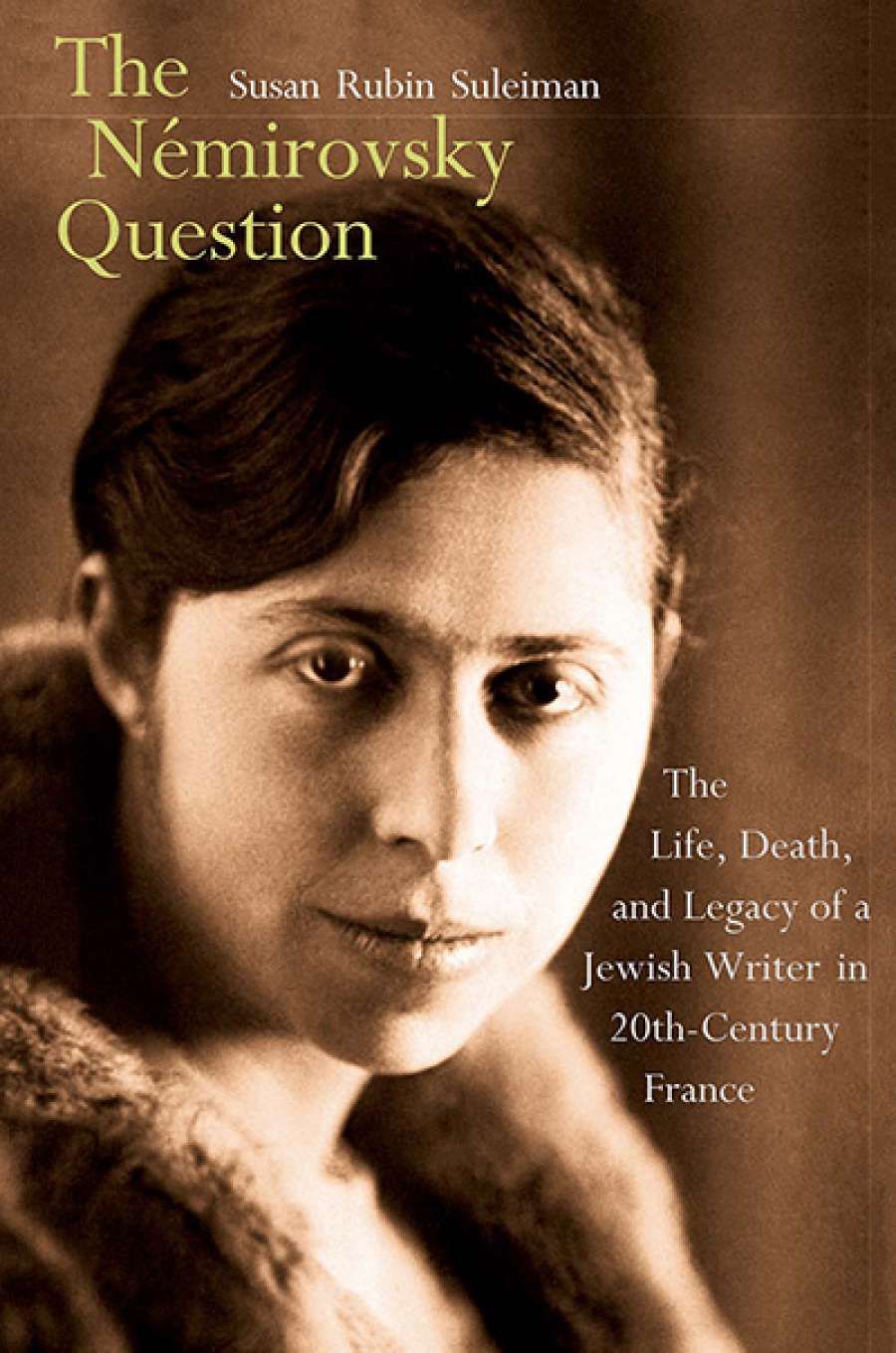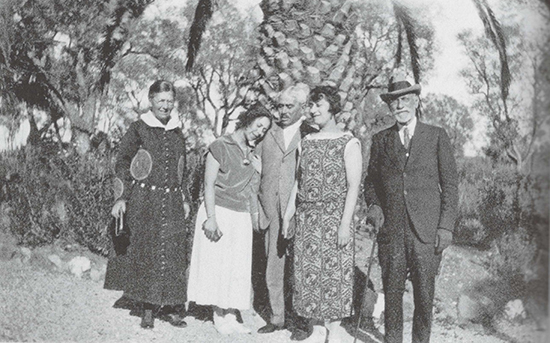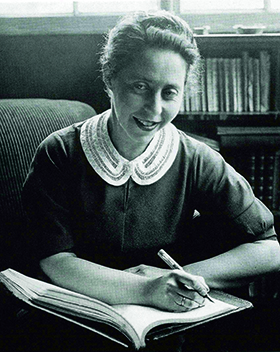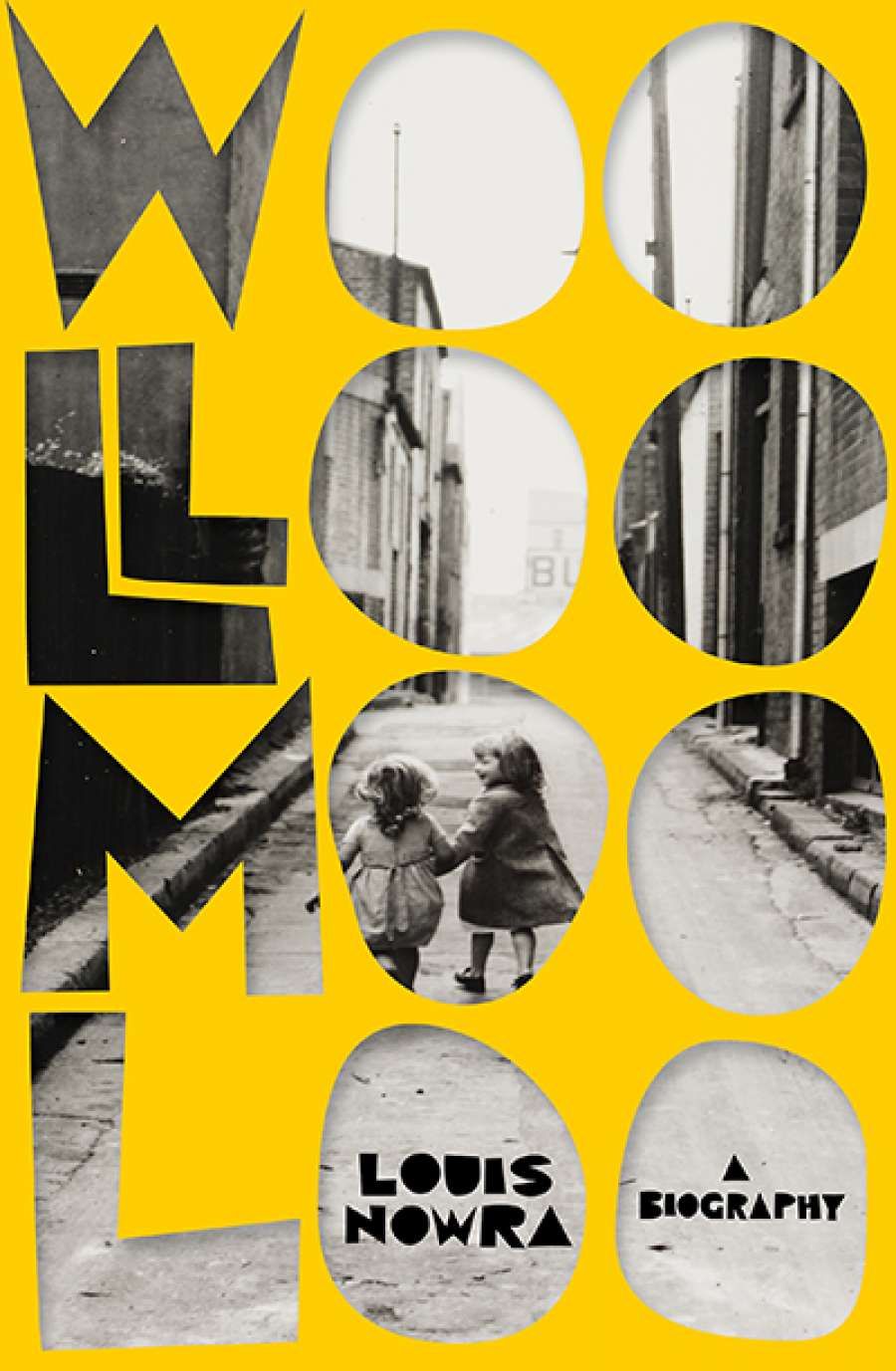Scurvy
Dear Editor,
All authors are perhaps oversensitive to reviews of their books, but I have never been tempted to quarrel with a reviewer until now. Alan Atkinson’s review of Scurvy: The disease of discovery (April 2017) contains a broad assault on the place of literature in an historical understanding of the past, and specifically its place in the history of medicine, that is astonishing for its peremptory and illiberal tone. Professor Atkinson’s defence of the factual basis of history is also remarkable for its contempt of facts themselves. So I’ll cite some examples.
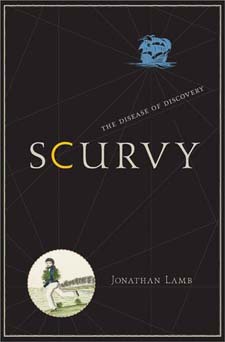 The picture of icebergs William Hodges over-painted with the pastoral view of Cook’s encampment at Dusky Bay is too trivial to be proposed as an example, says Atkinson. Yet the optical illusion of a sea turned green is an attested condition of photic damage called calenture, often allied with scorbutic reveries of delightful green vegetation – see the physician Thomas Trotter, Observations on Scurvy; the scientist Erasmus Darwin (‘Calenture’, in Zoonomia) and the trivial examples of this condition explored by Herman Melville in Moby-Dick and William Wordsworth in The Brothers. François Péron’s sudden passion for collecting seashells on the South Australian shore ‘does not prove he had scurvy’. Yet Péron records that, before scurvy became really bad on Baudin’s expedition, he was suffering from swollen and bleeding gums, and Baudin accounts for Péron’s distracted behavior as a result of scurvy growing widespread on the ship. He adds that Péron has just improbably laid claim to the discovery of a river fringed with abundant vegetation of an exquisite green.
The picture of icebergs William Hodges over-painted with the pastoral view of Cook’s encampment at Dusky Bay is too trivial to be proposed as an example, says Atkinson. Yet the optical illusion of a sea turned green is an attested condition of photic damage called calenture, often allied with scorbutic reveries of delightful green vegetation – see the physician Thomas Trotter, Observations on Scurvy; the scientist Erasmus Darwin (‘Calenture’, in Zoonomia) and the trivial examples of this condition explored by Herman Melville in Moby-Dick and William Wordsworth in The Brothers. François Péron’s sudden passion for collecting seashells on the South Australian shore ‘does not prove he had scurvy’. Yet Péron records that, before scurvy became really bad on Baudin’s expedition, he was suffering from swollen and bleeding gums, and Baudin accounts for Péron’s distracted behavior as a result of scurvy growing widespread on the ship. He adds that Péron has just improbably laid claim to the discovery of a river fringed with abundant vegetation of an exquisite green.
More serious is the charge that I confuse the dates of scurvy in the Australian colony as a whole with the time-frame I apply solely to the penal settlements, particularly Port Arthur. Atkinson laughs at my using Saxby Pridmore as my authority, but the facts I was using I garnered from Select Committee Reports, John Gold’s correspondence, the Tasmanian State Archives, James Backhouse’s eyewitness accounts, and that ‘banal distraction’ Marcus Clarke’s For the Term of his Natural Life. If fruit was growing in luscious abundance in Tasmania in 1834, why were there nineteen patients dying of scurvy in the Port Arthur hospital? That is a question I tried seriously to answer. If Atkinson wants to dispute any of the judgements about a delinquent governing class I extract from my facts, he need go no farther for their sources than the 1837 Select Committee Report on Transportation, Jeremy Bentham’s A Plea for the Constitution and William Bligh’s An Account of the Rebellion. Then he might have a few of his own with which to buttress his absurd demand, ‘What does a more detailed understanding of scurvy really add to our appreciation of literature as literature? ... From an historical point of view it is a triviality, and from a literary point of view it is a banal distraction.’ That is language I never thought to read from the pen of anyone even pretending to an interest in the humanities.
Jonathan Lamb, Vanderbilt University, Tennessee, USA
Alan Atkinson replies:
I am very sorry that Jonathan Lamb has been so seriously offended by my review of his book. Anyone who has read any of my work, as I am sure Professor Lamb has done, will know that I am the last person in the world to attempt ‘a broad assault on the place of literature in an historical understanding of the past’. It may well be that scurvy makes a blue sea seem green, and yet I see a green sea every day and I have never had scurvy. I am sure that’s true of large numbers of people, so how is it possible to argue that those who do are thus affected? The same sort of logic applies, though less conclusively, I agree, to what Professor Lamb says in his letter about Péron and Baudin.
If nineteen patients in Port Arthur hospital had scurvy, I really can’t see what that indicates about Australian colonial culture in general.
As for the character of the colonial governing class, the reliability of Bligh, of Bentham, and of the 1837 Select Committee has been discussed at length by Australian historians since the 1960s. I am sure that Professor Lamb knows about that discussion. I have been part of it, and while the subject is certainly not exhausted there is no room here to go over it again in anything like a useful way.
I am very sorry to be accused of laughing at scholarship. I was certainly not laughing at this book.
Condescending spin
Dear Editor,
I found Dennis Altman’s critical comments on my book Disposable Leaders (April 2017) condescending and vacuous. He lists a few books that I did not cite, without any indication that they would have changed any of the interpretations or arguments I put forward. He criticises the fact that I frequently cite leading journalists from the press gallery, without any indication of how using unspecified others would have changed or improved any understandings. He criticises the lack of attention to blogs, posts, tweets, and YouTube, without any indication of how these might have played an important role in the leadership coups I have examined.
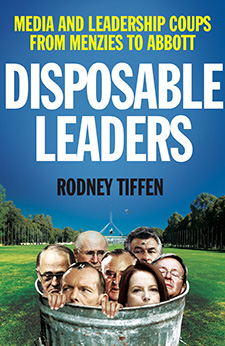 In the chapter on Iatrogenic Spin Doctoring, I argue how the concern with spin is often self-defeating and further contributes to leadership instability. I titled one section the West Wing delusion, but, according to Altman, I do not say what this is. I begin by saying how I tired of the television show because it depicted a small group around a benign leader as the epicentre of political virtue and wisdom. In real life also, political leaders are increasingly surrounded by personally appointed staff. The way concern with spin leads to centralisation and control adds to this cocooning of the leader. However, in real life, the leader’s relations with the inner coterie cut across and complicate other political relationships, with ministers and MPs often feeling excluded, and hostage to the political judgements of the leader’s circle. I argue at some length that this factor was particularly important in the failures of Kevin Rudd and Tony Abbott. I can only think that these pages were missing from the copy of the book Altman had.
In the chapter on Iatrogenic Spin Doctoring, I argue how the concern with spin is often self-defeating and further contributes to leadership instability. I titled one section the West Wing delusion, but, according to Altman, I do not say what this is. I begin by saying how I tired of the television show because it depicted a small group around a benign leader as the epicentre of political virtue and wisdom. In real life also, political leaders are increasingly surrounded by personally appointed staff. The way concern with spin leads to centralisation and control adds to this cocooning of the leader. However, in real life, the leader’s relations with the inner coterie cut across and complicate other political relationships, with ministers and MPs often feeling excluded, and hostage to the political judgements of the leader’s circle. I argue at some length that this factor was particularly important in the failures of Kevin Rudd and Tony Abbott. I can only think that these pages were missing from the copy of the book Altman had.
Rodney Tiffen, Tascott, NSW
Dennis Altman replies:
Rodney Tiffen is a distinguished political analyst, and I am sorry he is disappointed in my review. But I did expect him to pay more attention to the changing nature of the media landscape. As I wrote: ‘Tiberius’s telephone is now a smart device, and political leaders have full time staffers employed to engage with the virtual world.’ Are we to assume these staffers played no role in the intrigues that led to the downfall of our last three prime ministers?
Peeved moments
 Dear Editor,
Dear Editor,
I’m puzzled by Alison Broinowski’s review of Bruce Grant’s memoir, Subtle Moments (April 2017). Broinowski essentially lists the events covered by Grant’s memoir. Throughout the page, her tone is rather terse – acidic – and I read on expecting an opinion or fact that would explain this tone, but it never comes. Broinowski seems peeved by Grant’s memoir, but she limits her reasons for it to her final brief sentence, ‘He still hasn’t.’
I would have been interested to know what it is about Bruce Grant’s book that annoys her so much.
Kym Houghton, Carisbrook, Vic.
Alison Broinowski replies:
In my review of Subtle Moments, far from being ‘peevish’ I paid Bruce Grant several well-deserved compliments as a man and as a writer. He invited readers to judge his claim that his life represented a biography of Australia, and I did so, pointing to what was missing. It was disappointing that such an authority could not resolve the ‘Australian dilemma’ which he himself identifies.
Trumpacious times
Dear Editor,
The April issue, in its article on that Elegant Fowl, Henry James, remarks that ‘We need all the humour and solace we can get in these trumpacious times.’ Too true. I’ll offer the following:
Susan Lever, in her review of the Bell Shakespeare production of Richard III, quotes ‘the famous speech’, Richard’s opening lines. She uses a spelling of ‘son’ that gives away Shakespeare’s pun and makes it clear that Richard is referring to Edward IV, rather than to the celestial body.
Does this give the Trumpians a new argument that anthropogenic climate change is not of relatively recent origin in human history?
Joseph Fernandez, Mosman, NSW
Minefield
Dear Editor,
Martin Zandvliet’s film Land of Mine (reviewed in ABR Arts) is not only about a disgrace – it is disgraceful. For a director to play with suspense of this type and degree is barbaric. I walked out, and I am surprised more people in James Dunk’s viewing didn’t do the same. One reviewer has even used the word ‘humane’. But despite a claim that the film might deter viewers from engaging in war, it is a monstrous experience to watch re-enactments of young boys picking away at landmines in order to defuse them, terrified that they will set them off, which is exactly what happens every so often. After two healthy bodies were blown to smithereens, I couldn’t believe that so-called civilised audience members would continue to subject themselves to such horror.
I’ll spend my time on anti-landmine projects instead.
C.V. Williams (online comment)
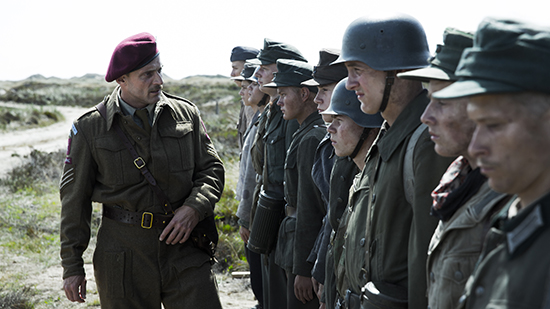 Roland Møller as Rasmussen in Land of Mine (Palace Films)
Roland Møller as Rasmussen in Land of Mine (Palace Films)
Beejay Silcox
 Beejay SilcoxDear Editor,
Beejay SilcoxDear Editor,
I find Beejay Silcox’s writing refreshingly honest and very poignant, and look forward in anticipation to each of her articles and reviews. Her ‘Letter from America’ (September 2016) was outstanding and very prophetic. As with all literary critics, getting the right flavour in a response to a writer’s efforts is not an easy task, but the ease with which she dissects a text and provides an analysis of its content and context is exemplary. Accordingly, I look forward to more of her efforts.
Neil MacNeil (online comment)
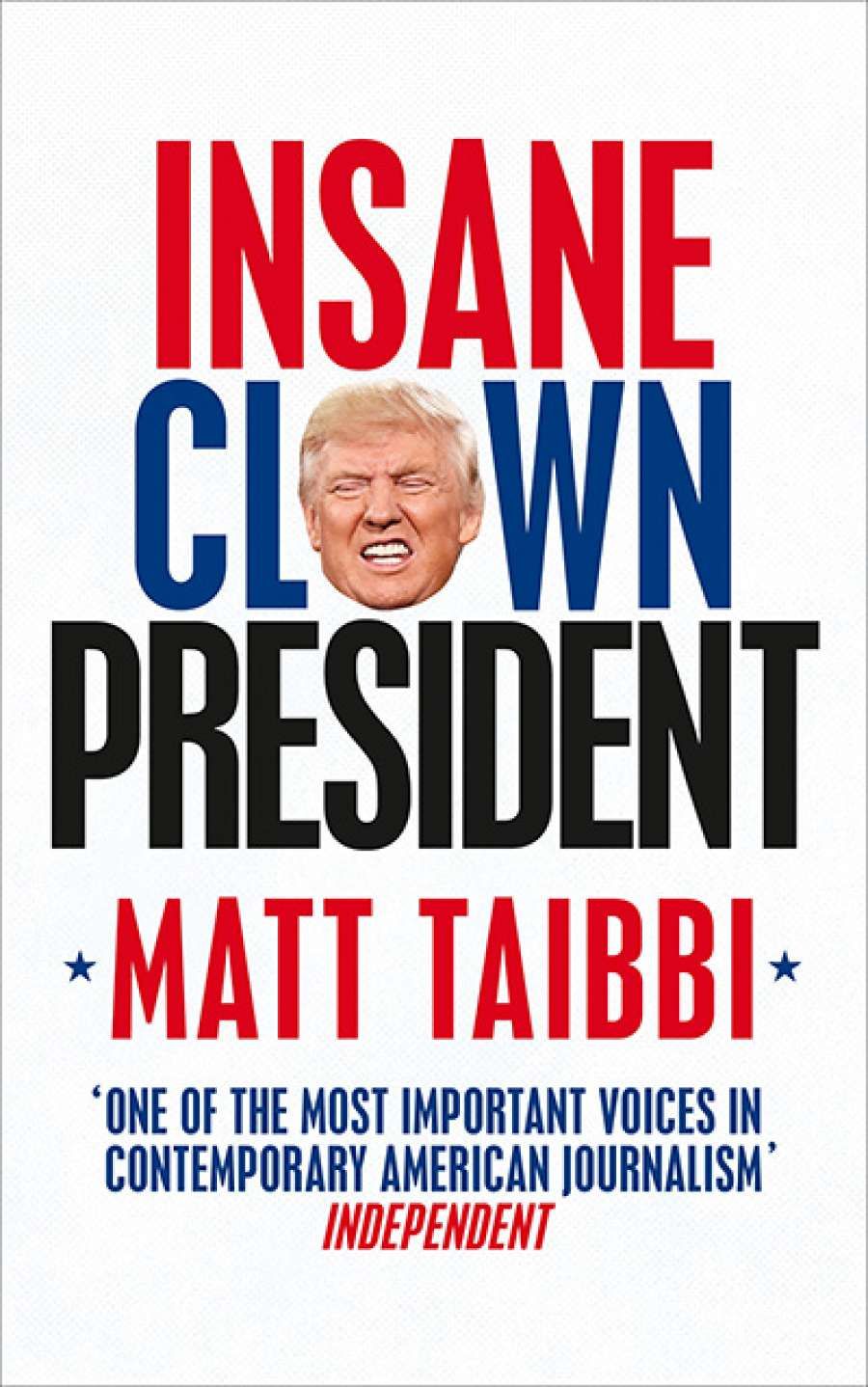
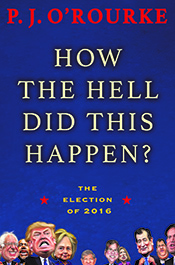
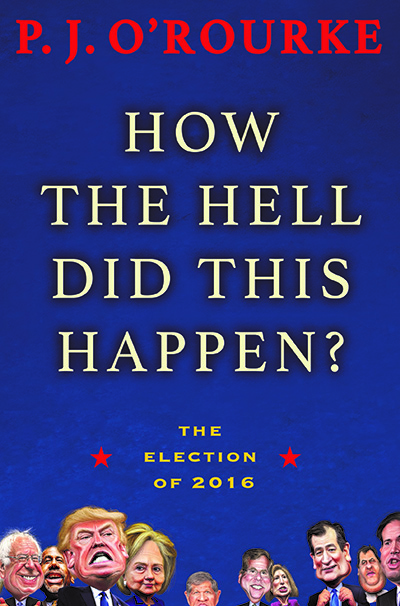



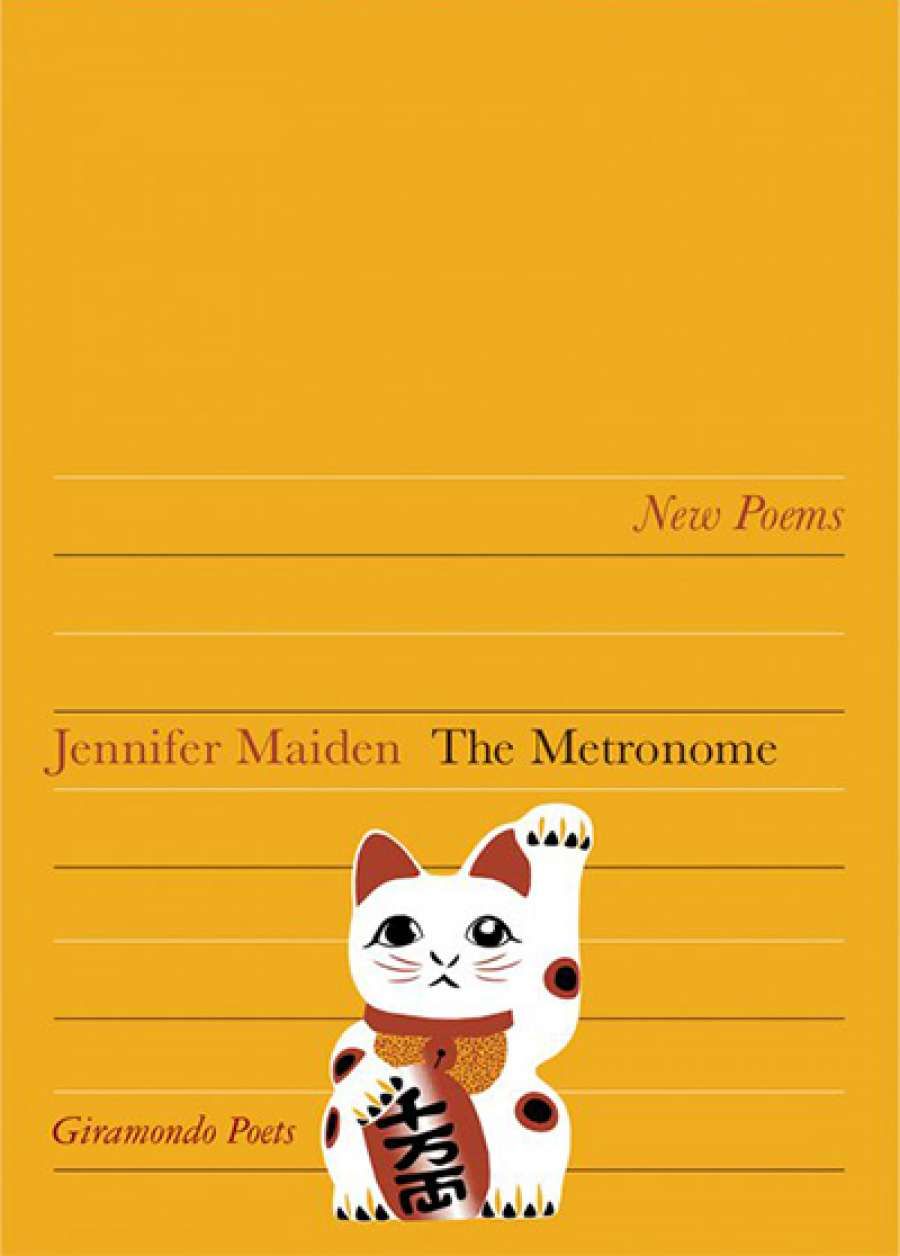


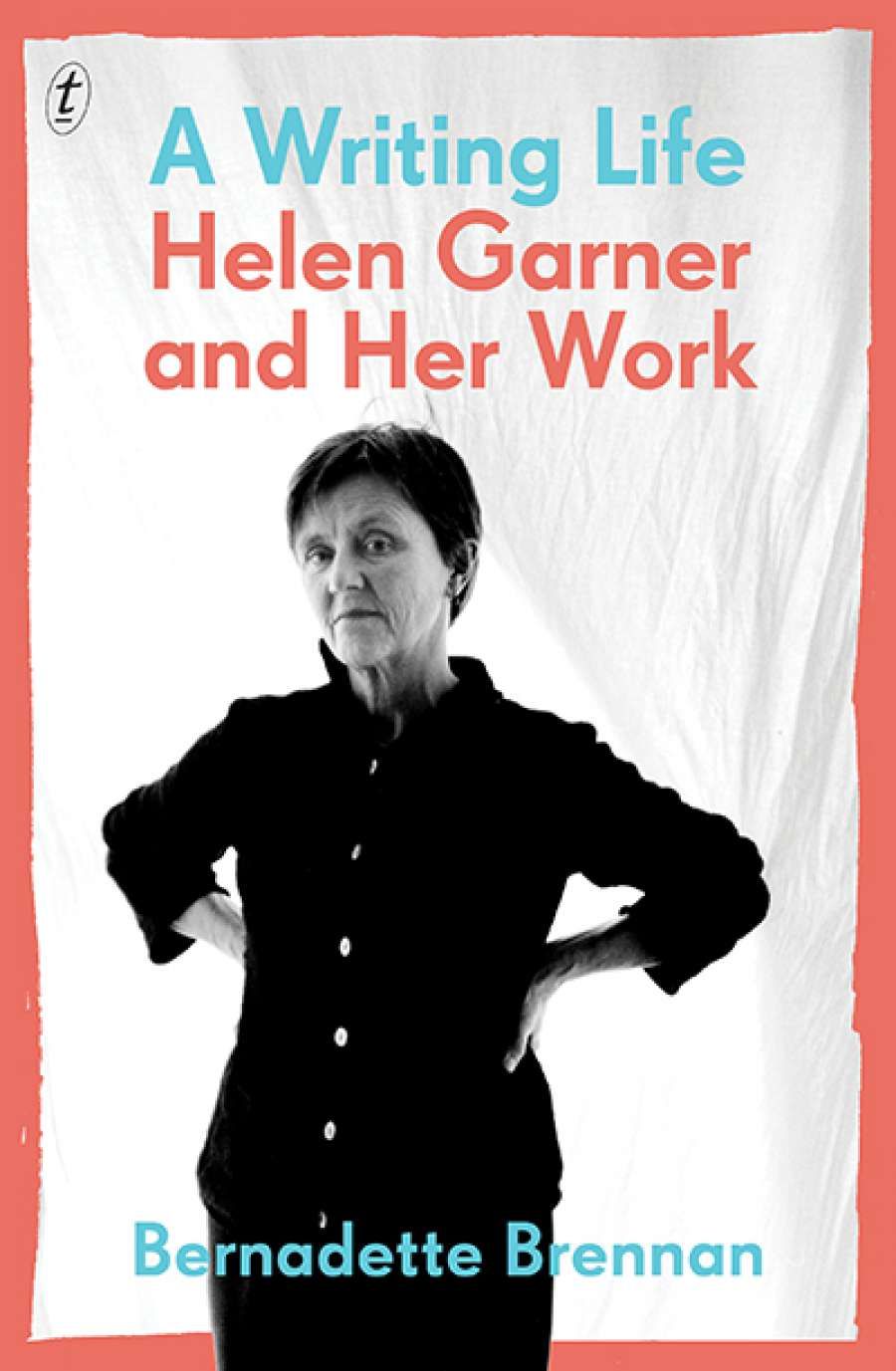
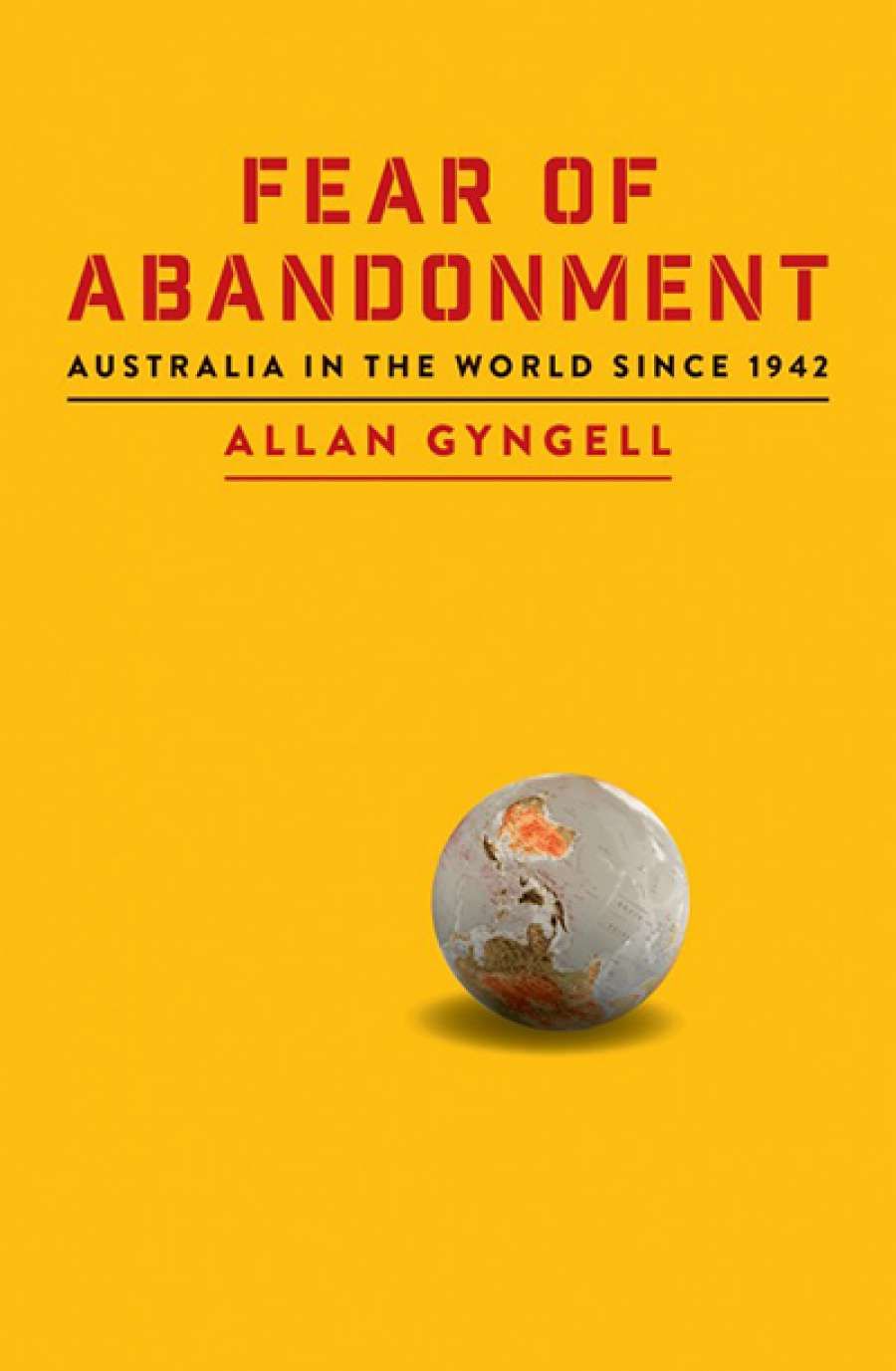
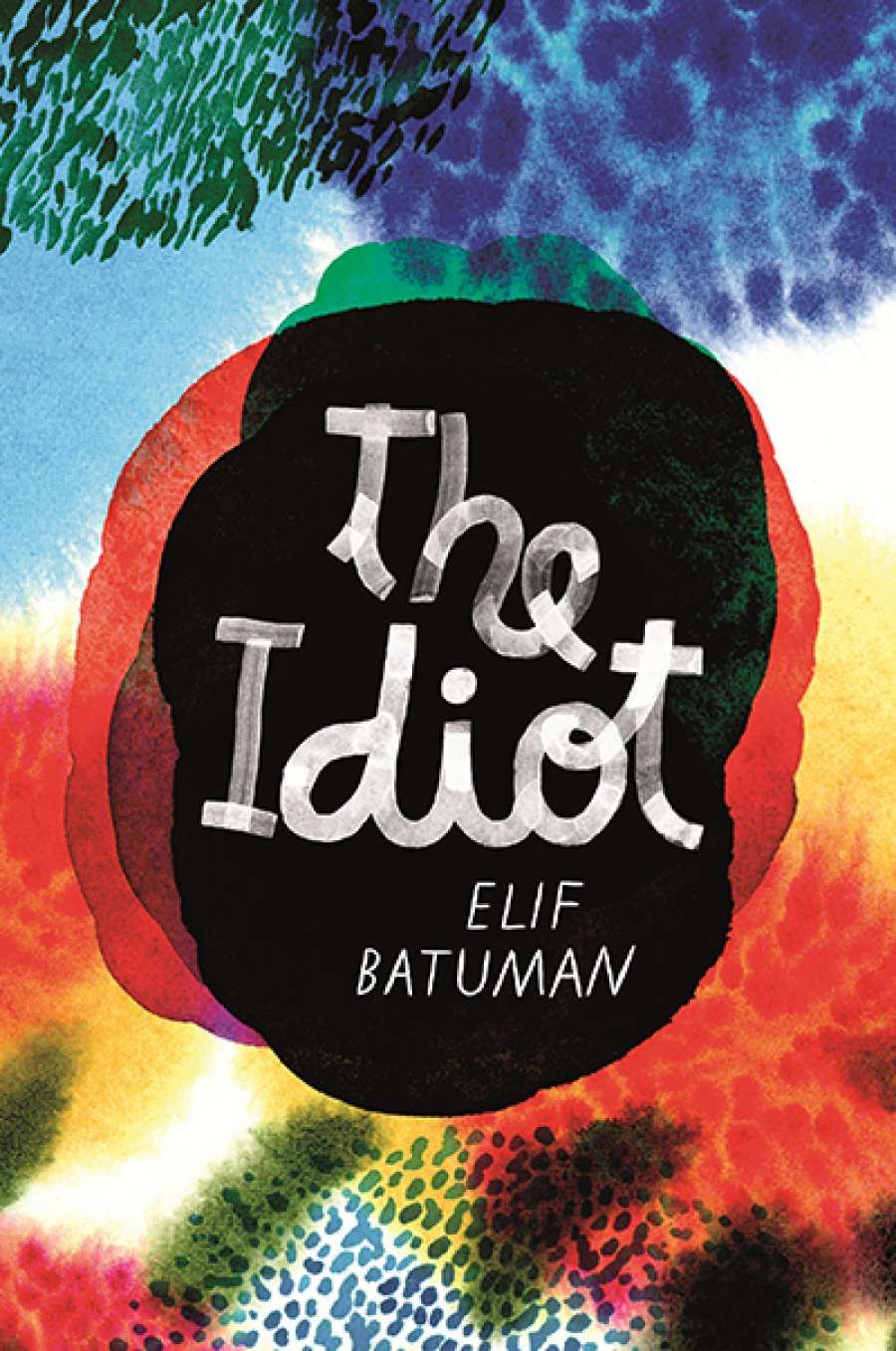
 The picture of icebergs William Hodges over-painted with the pastoral view of Cook’s encampment at Dusky Bay is too trivial to be proposed as an example, says Atkinson. Yet the optical illusion of a sea turned green is an attested condition of photic damage called calenture, often allied with scorbutic reveries of delightful green vegetation – see the physician Thomas Trotter, Observations on Scurvy; the scientist Erasmus Darwin (‘Calenture’, in Zoonomia) and the trivial examples of this condition explored by Herman Melville in Moby-Dick and William Wordsworth in The Brothers. François Péron’s sudden passion for collecting seashells on the South Australian shore ‘does not prove he had scurvy’. Yet Péron records that, before scurvy became really bad on Baudin’s expedition, he was suffering from swollen and bleeding gums, and Baudin accounts for Péron’s distracted behavior as a result of scurvy growing widespread on the ship. He adds that Péron has just improbably laid claim to the discovery of a river fringed with abundant vegetation of an exquisite green.
The picture of icebergs William Hodges over-painted with the pastoral view of Cook’s encampment at Dusky Bay is too trivial to be proposed as an example, says Atkinson. Yet the optical illusion of a sea turned green is an attested condition of photic damage called calenture, often allied with scorbutic reveries of delightful green vegetation – see the physician Thomas Trotter, Observations on Scurvy; the scientist Erasmus Darwin (‘Calenture’, in Zoonomia) and the trivial examples of this condition explored by Herman Melville in Moby-Dick and William Wordsworth in The Brothers. François Péron’s sudden passion for collecting seashells on the South Australian shore ‘does not prove he had scurvy’. Yet Péron records that, before scurvy became really bad on Baudin’s expedition, he was suffering from swollen and bleeding gums, and Baudin accounts for Péron’s distracted behavior as a result of scurvy growing widespread on the ship. He adds that Péron has just improbably laid claim to the discovery of a river fringed with abundant vegetation of an exquisite green. In the chapter on Iatrogenic Spin Doctoring, I argue how the concern with spin is often self-defeating and further contributes to leadership instability. I titled one section the West Wing delusion, but, according to Altman, I do not say what this is. I begin by saying how I tired of the television show because it depicted a small group around a benign leader as the epicentre of political virtue and wisdom. In real life also, political leaders are increasingly surrounded by personally appointed staff. The way concern with spin leads to centralisation and control adds to this cocooning of the leader. However, in real life, the leader’s relations with the inner coterie cut across and complicate other political relationships, with ministers and MPs often feeling excluded, and hostage to the political judgements of the leader’s circle. I argue at some length that this factor was particularly important in the failures of Kevin Rudd and Tony Abbott. I can only think that these pages were missing from the copy of the book Altman had.
In the chapter on Iatrogenic Spin Doctoring, I argue how the concern with spin is often self-defeating and further contributes to leadership instability. I titled one section the West Wing delusion, but, according to Altman, I do not say what this is. I begin by saying how I tired of the television show because it depicted a small group around a benign leader as the epicentre of political virtue and wisdom. In real life also, political leaders are increasingly surrounded by personally appointed staff. The way concern with spin leads to centralisation and control adds to this cocooning of the leader. However, in real life, the leader’s relations with the inner coterie cut across and complicate other political relationships, with ministers and MPs often feeling excluded, and hostage to the political judgements of the leader’s circle. I argue at some length that this factor was particularly important in the failures of Kevin Rudd and Tony Abbott. I can only think that these pages were missing from the copy of the book Altman had. Dear Editor,
Dear Editor,

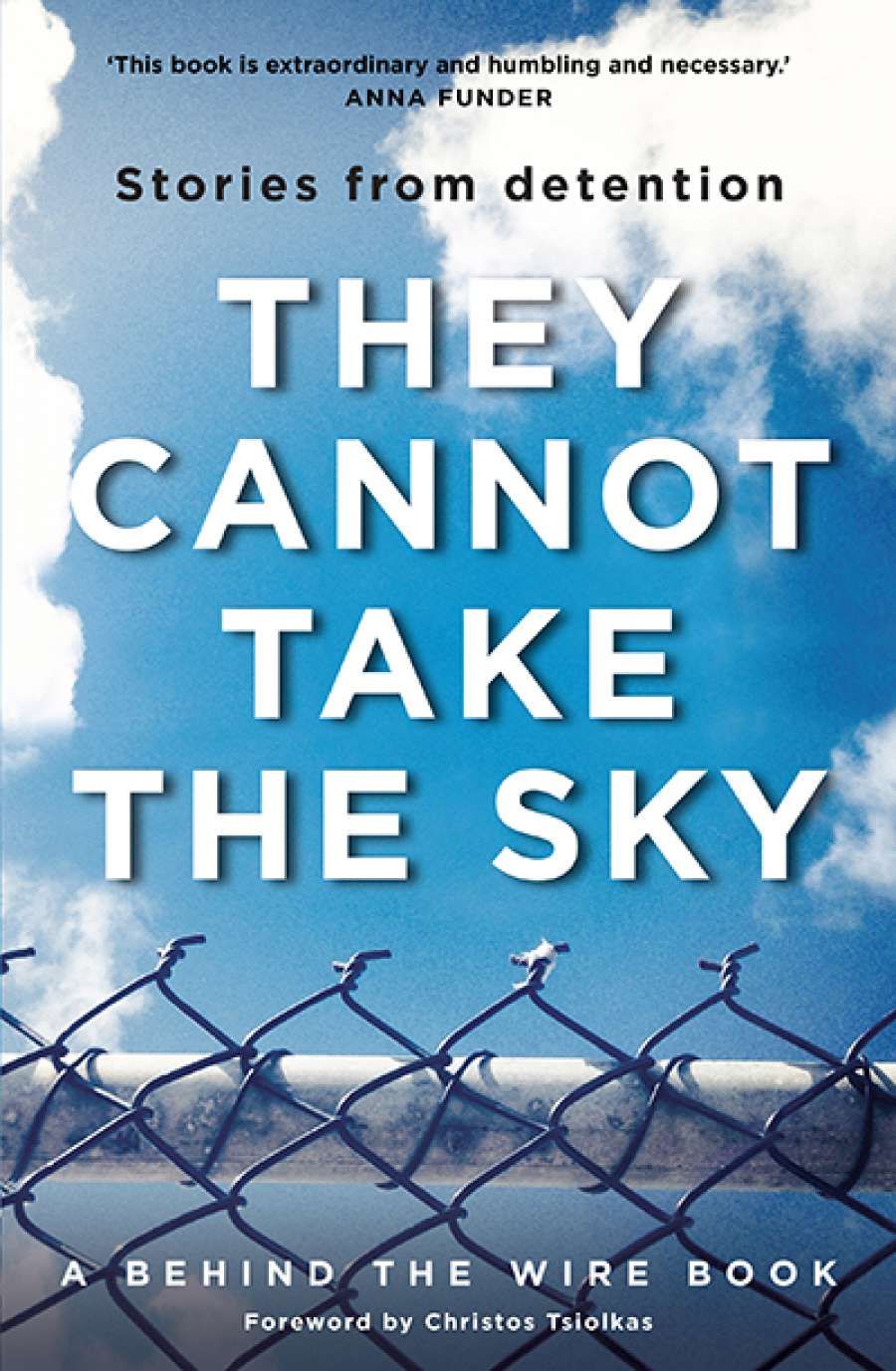
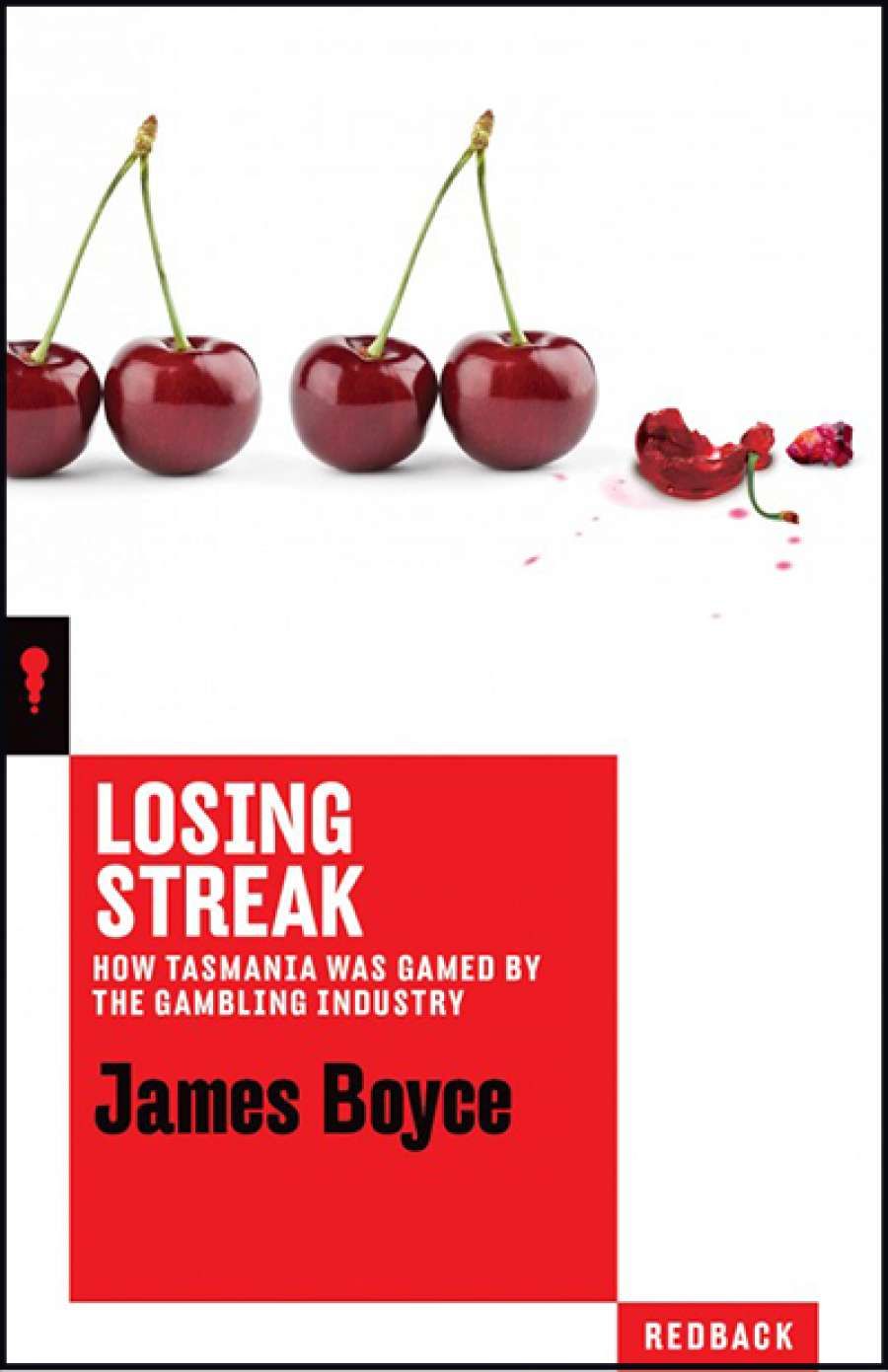
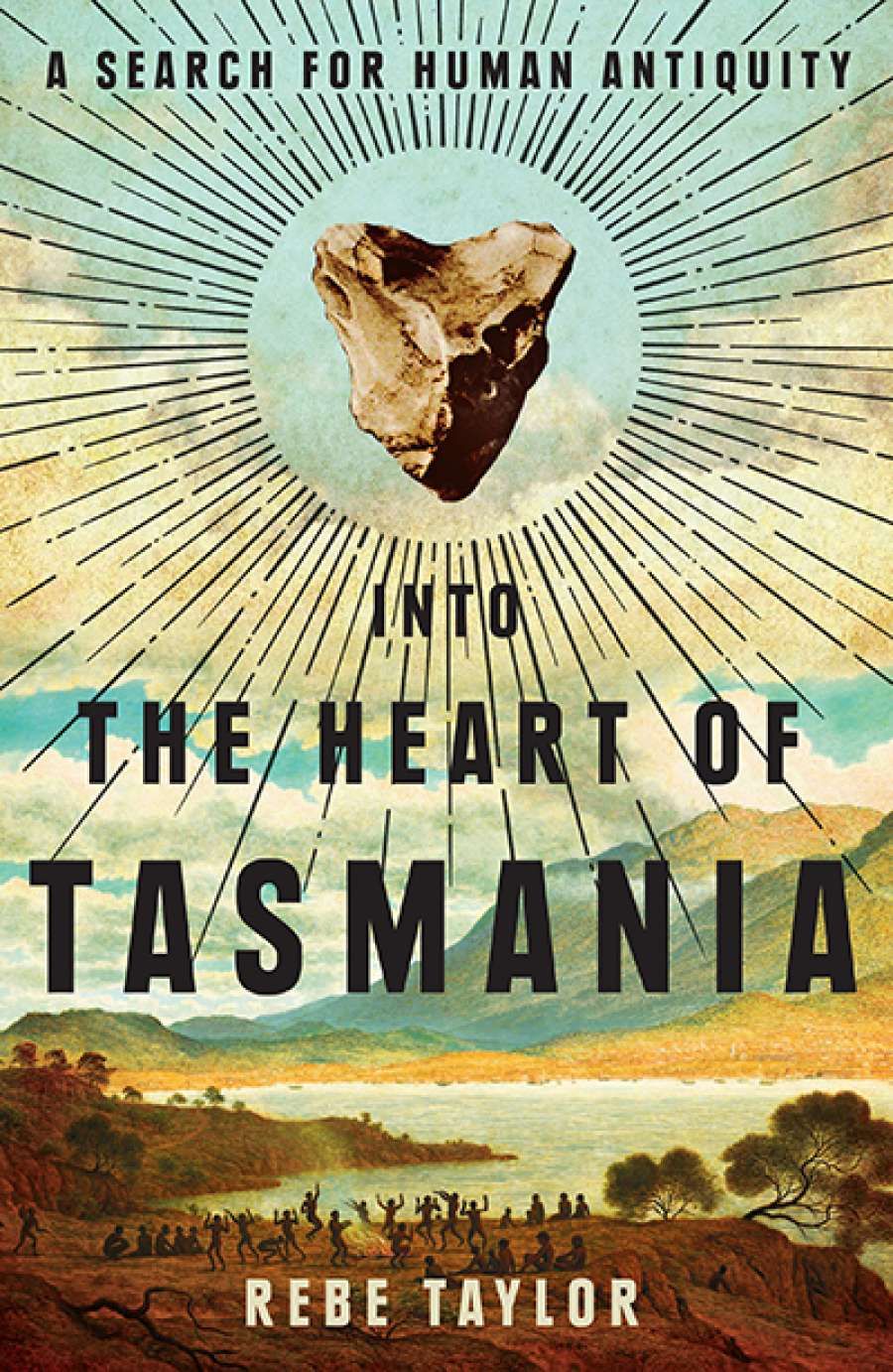

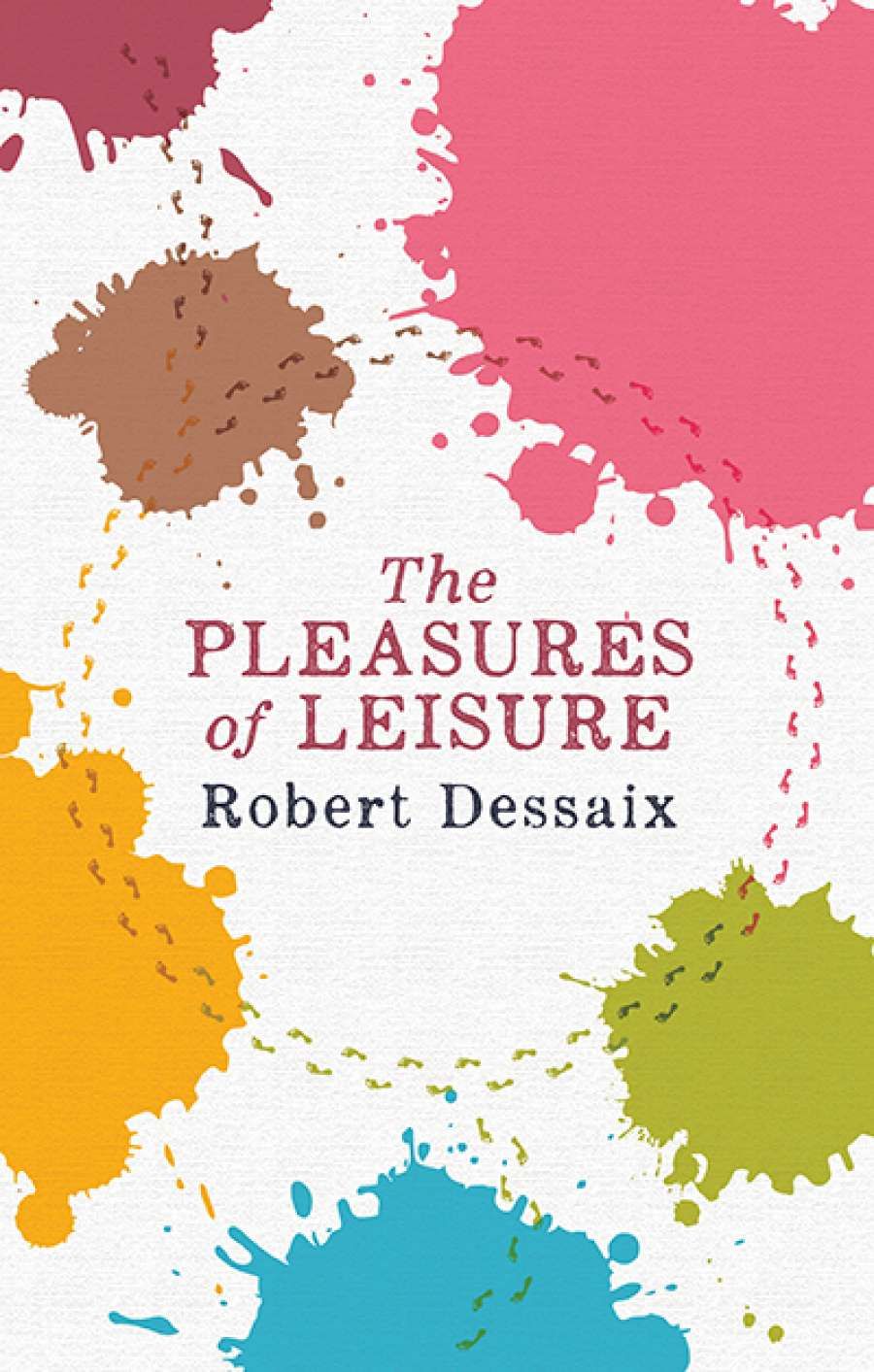
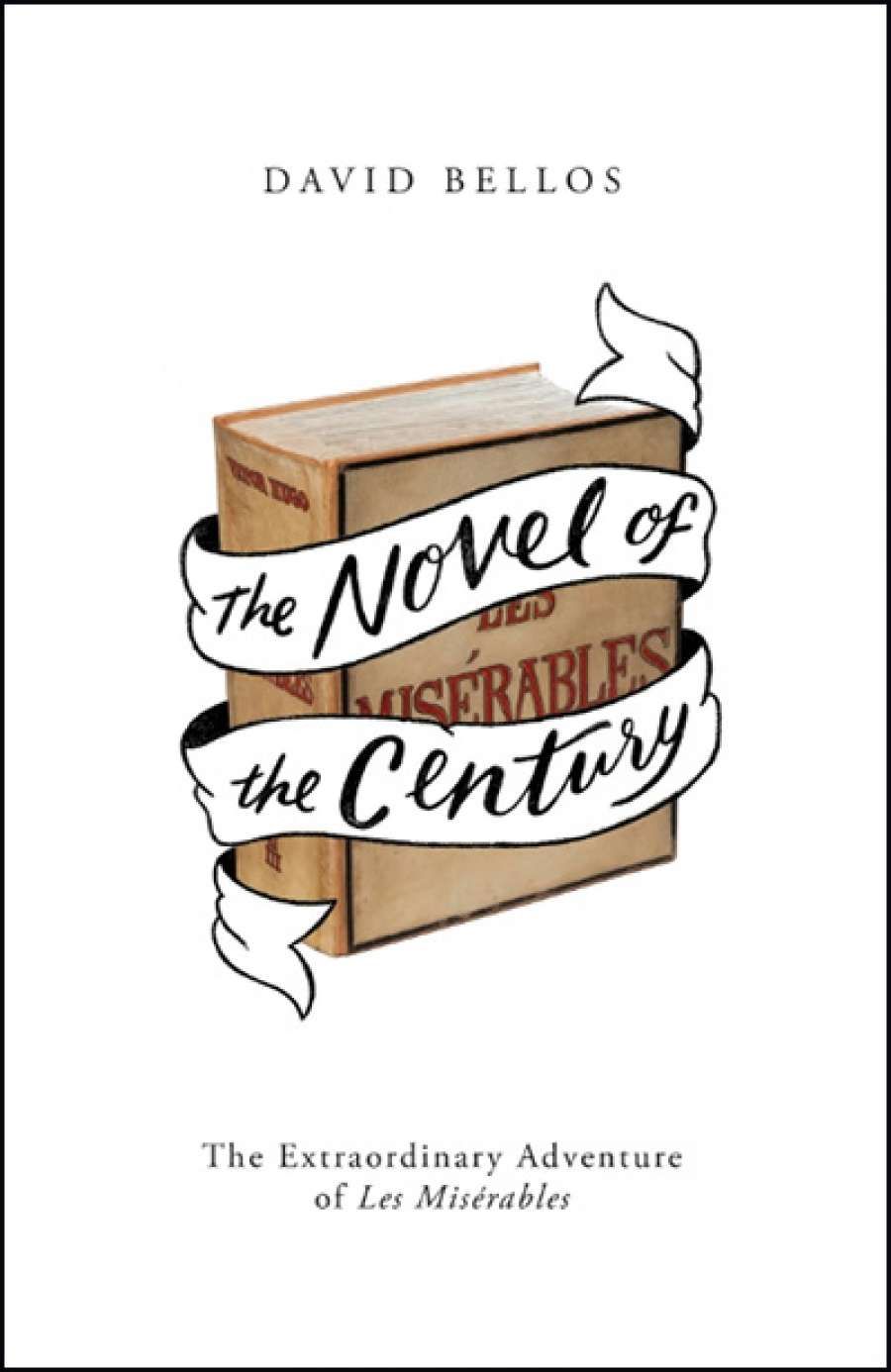
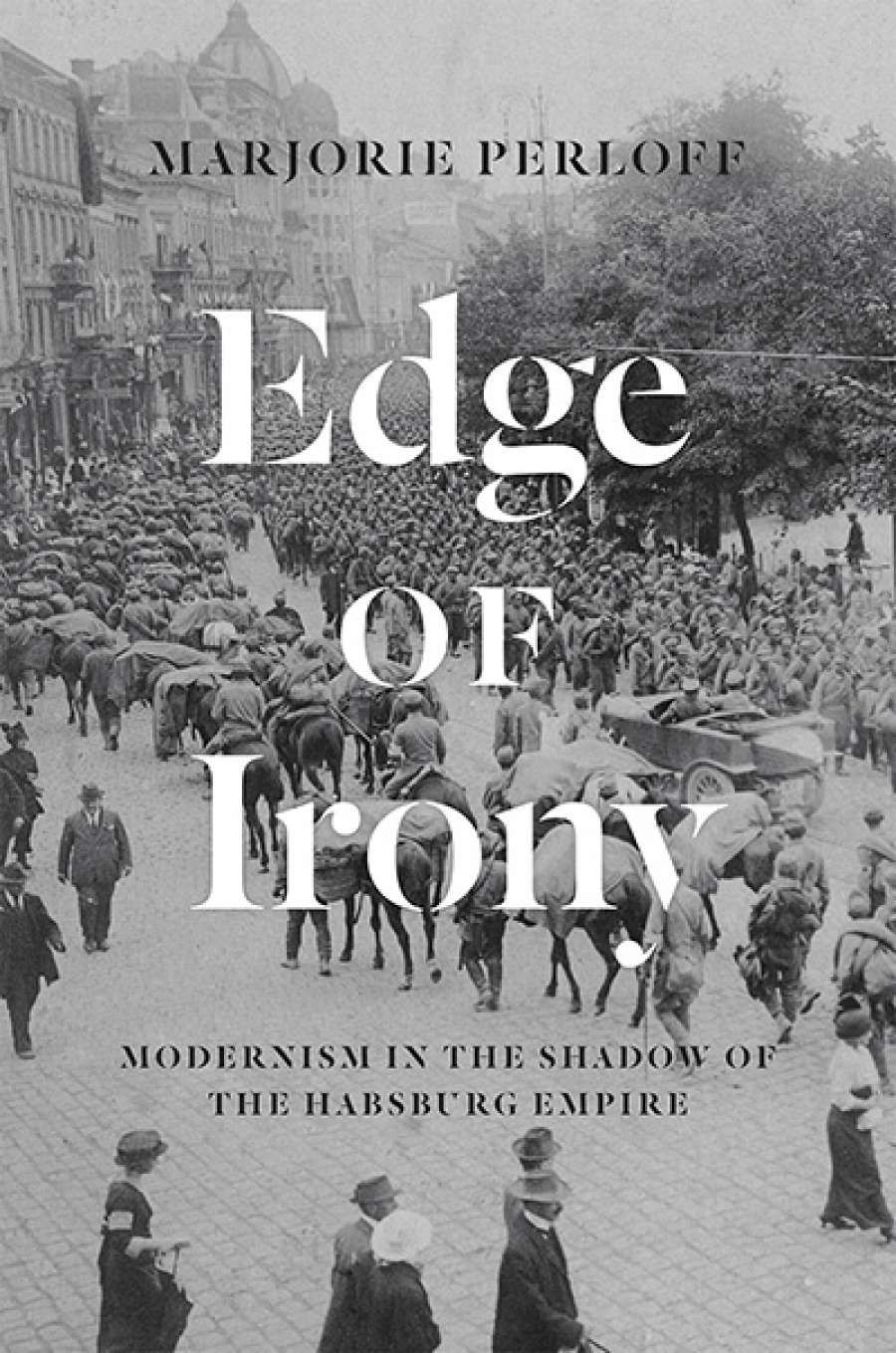
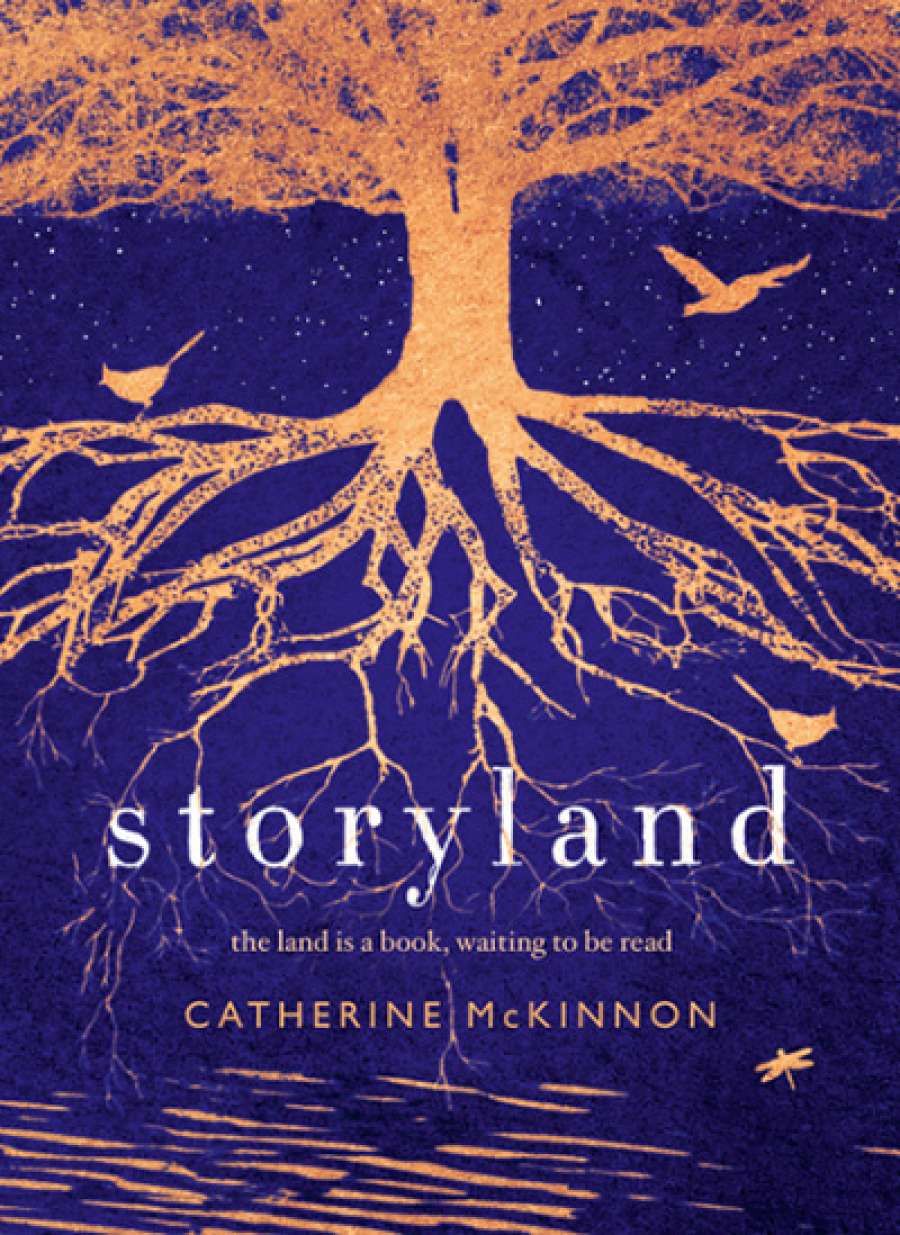
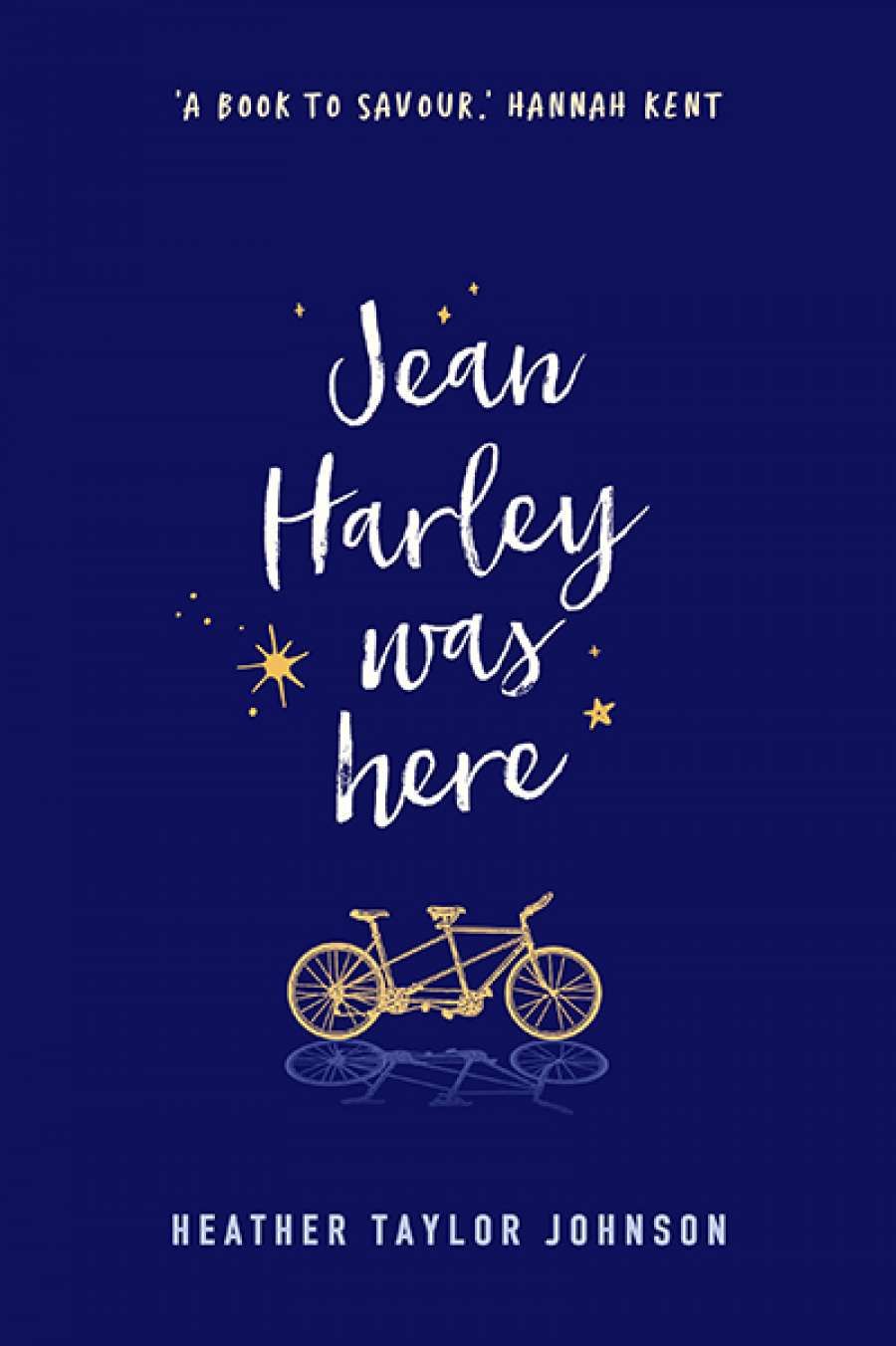
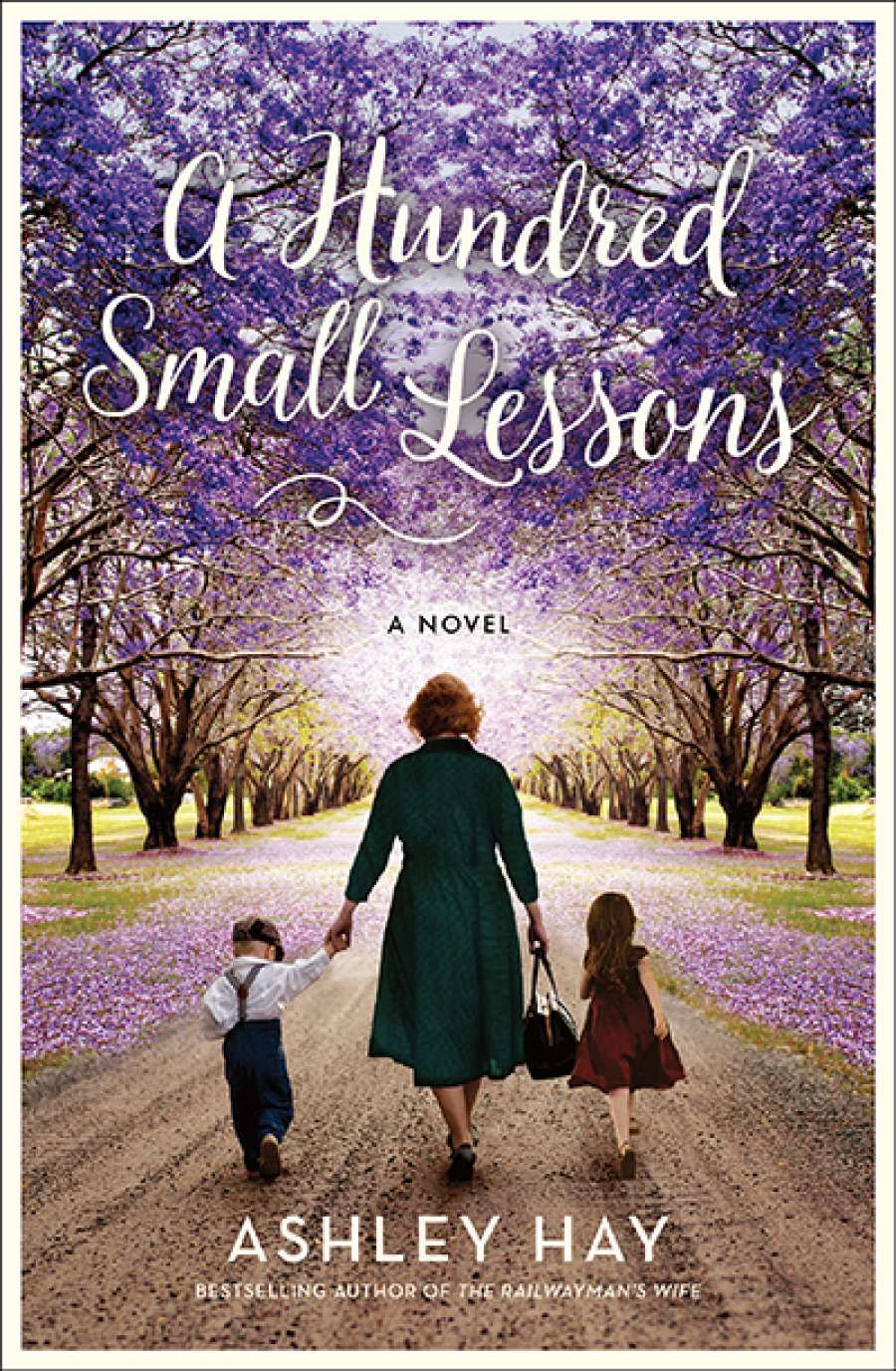


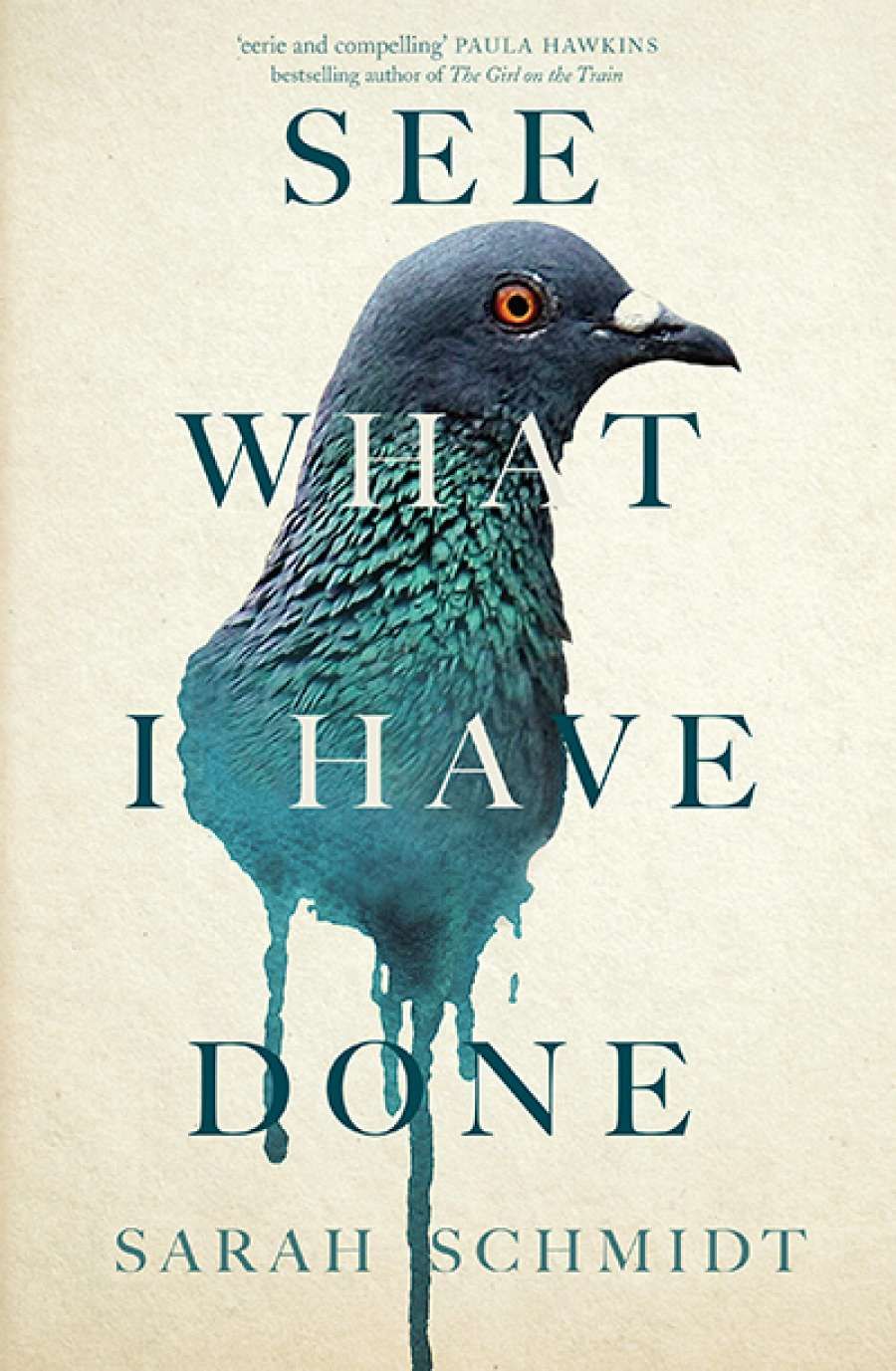
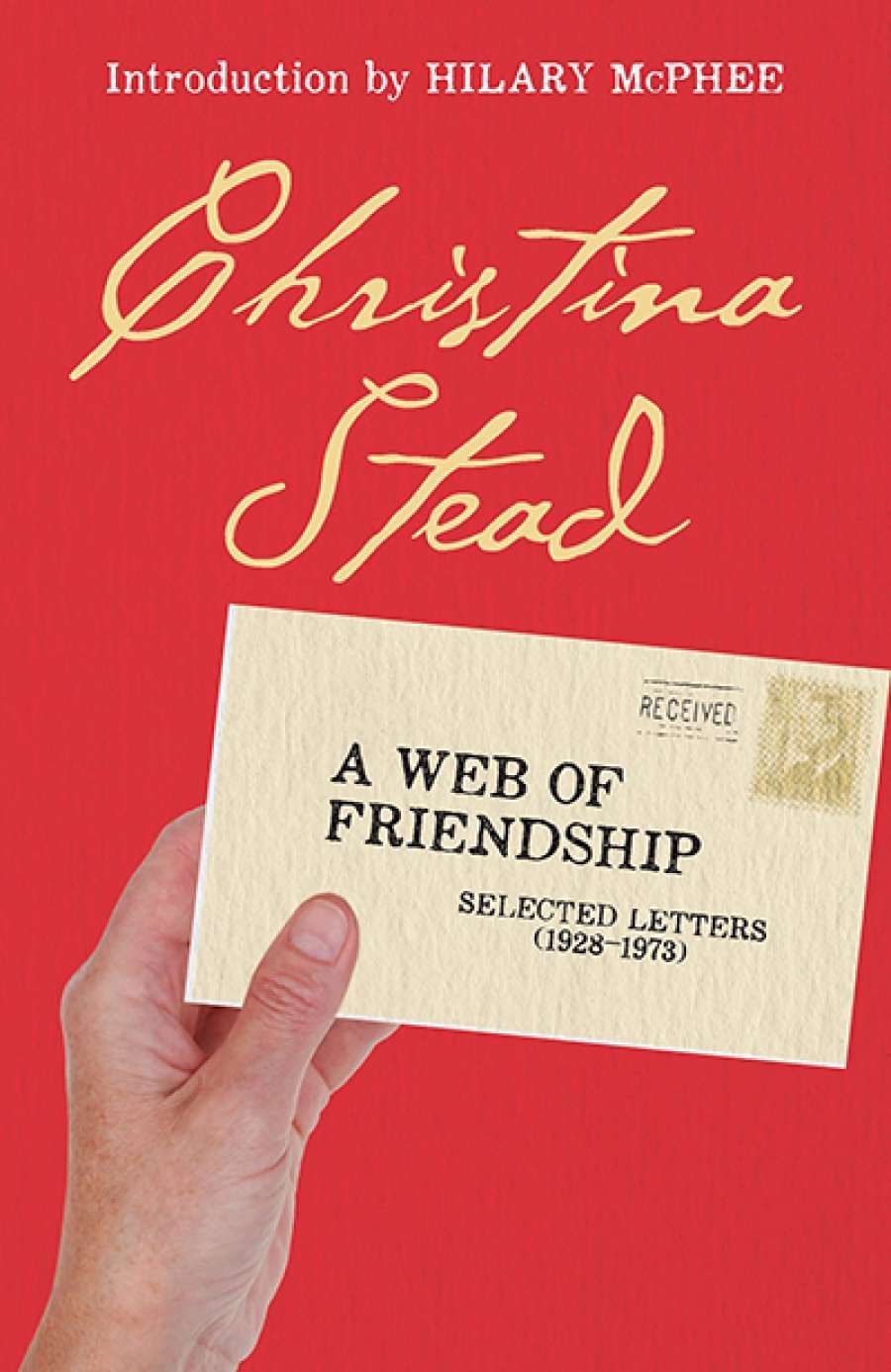
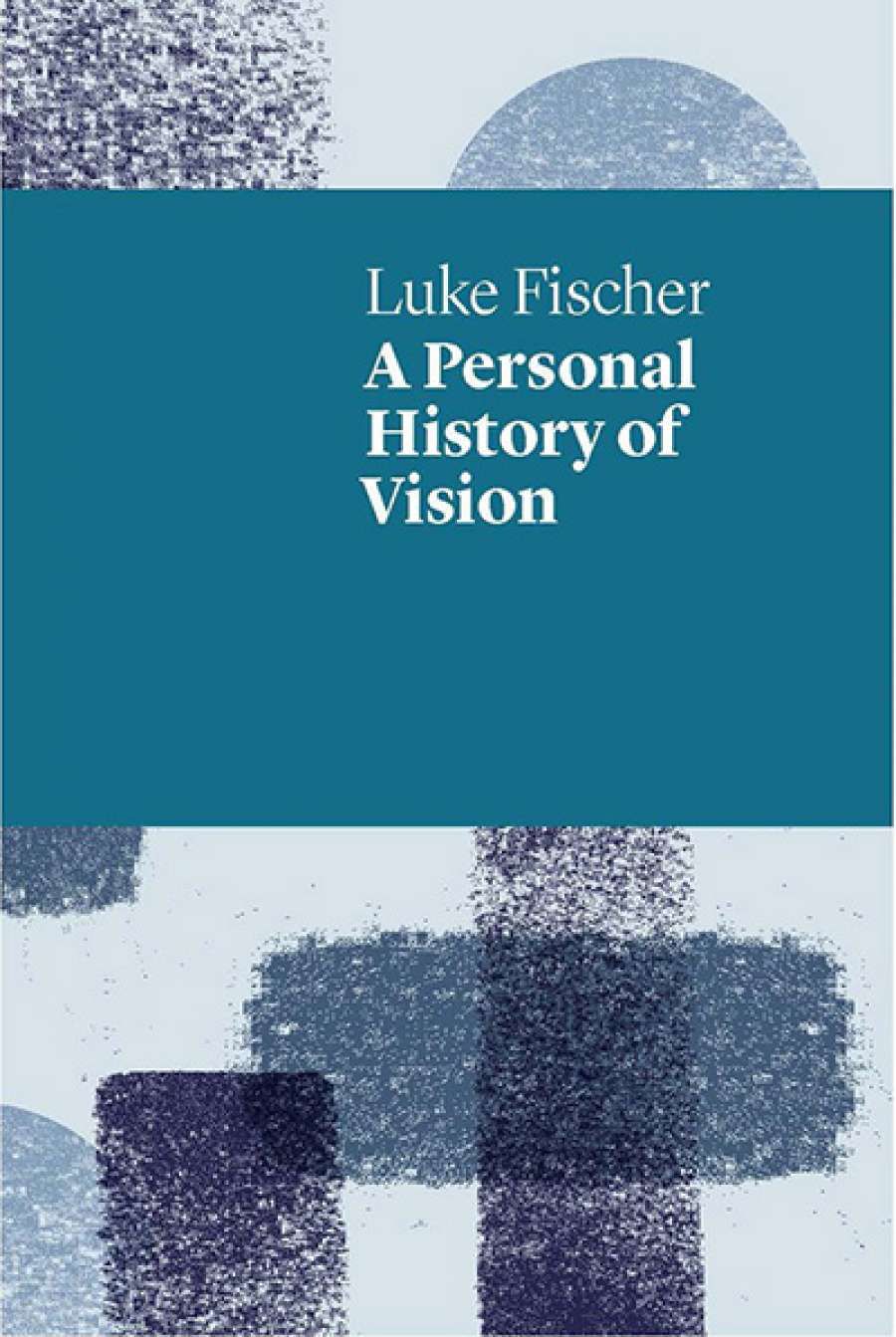
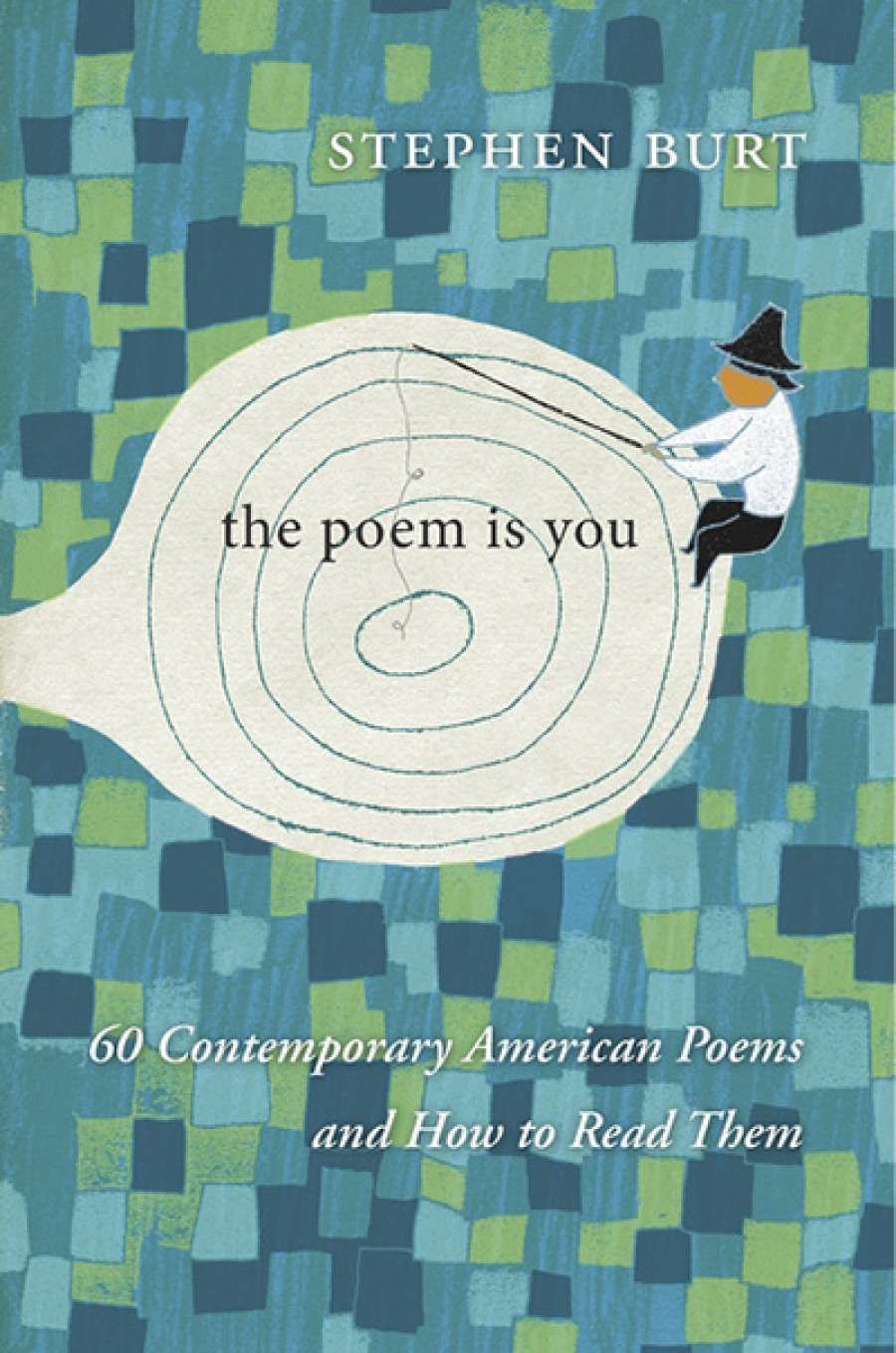
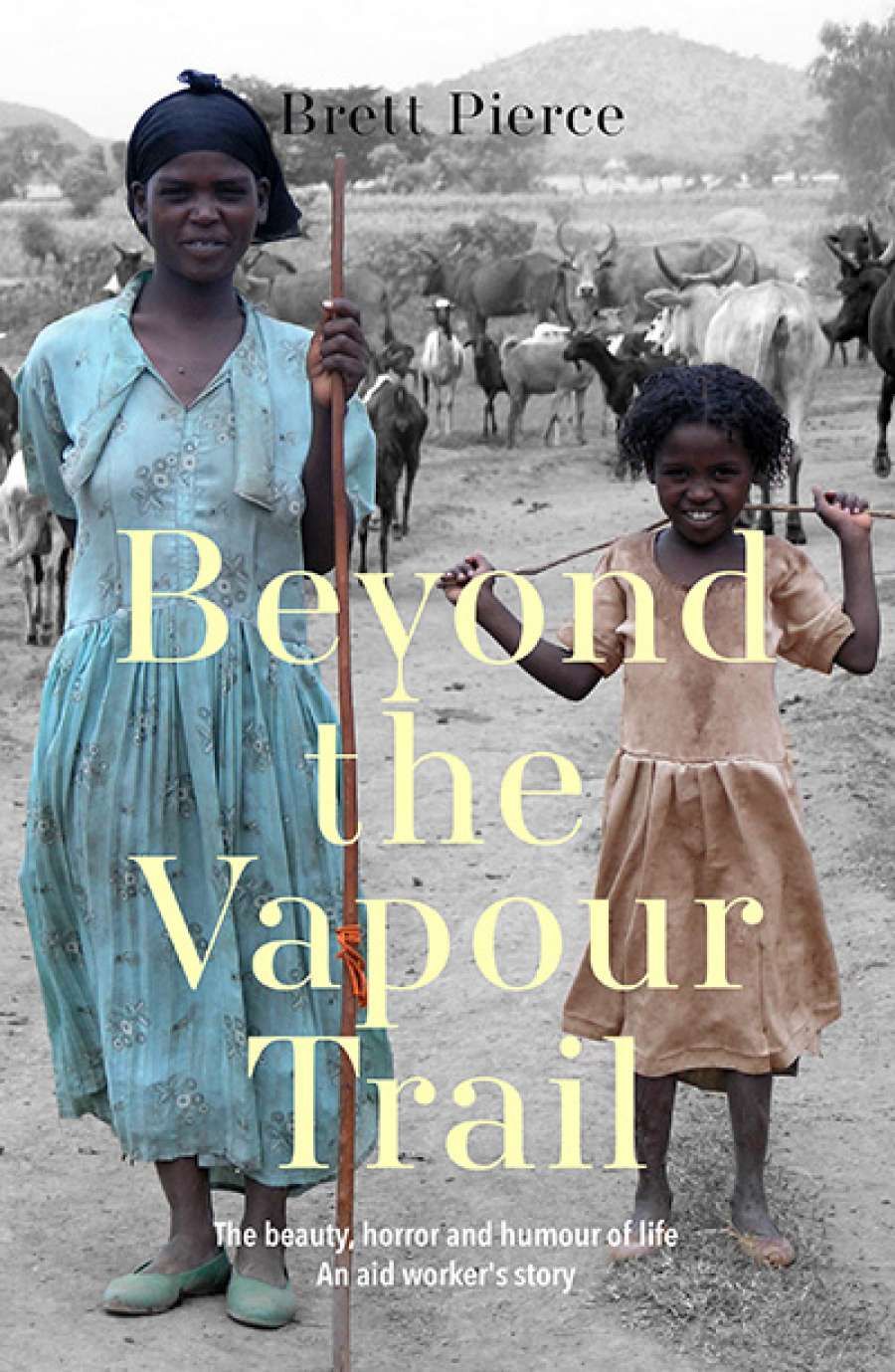
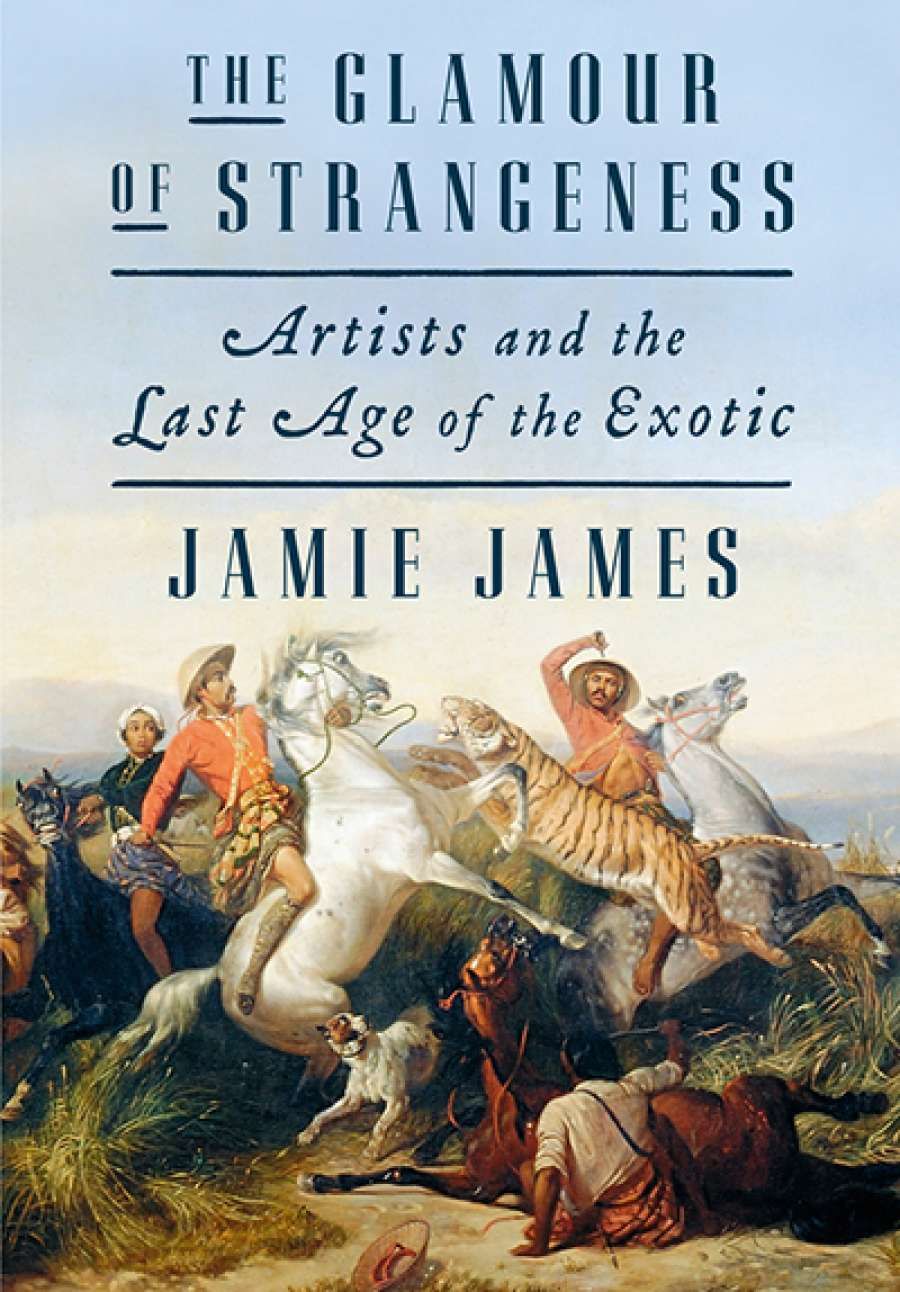
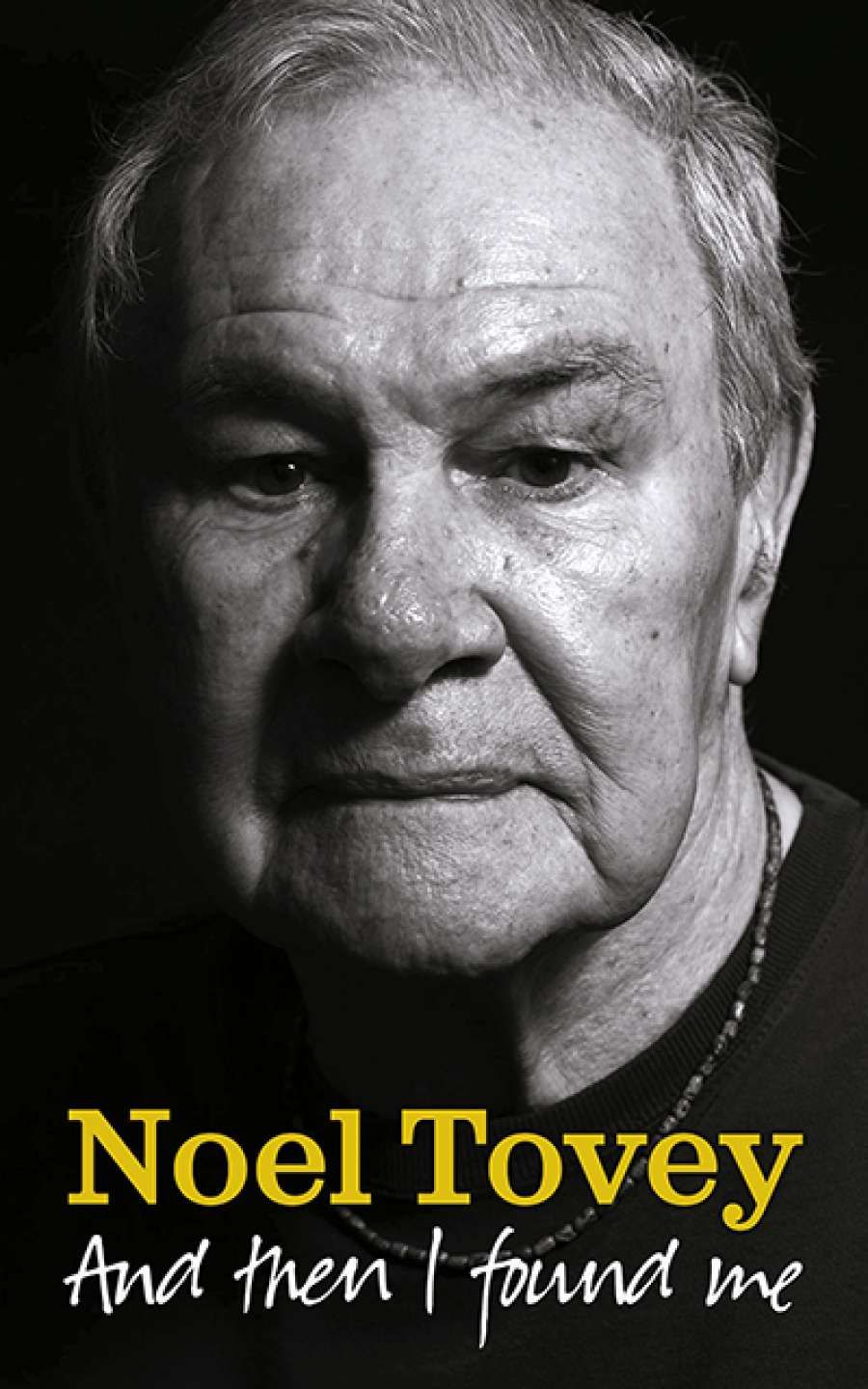
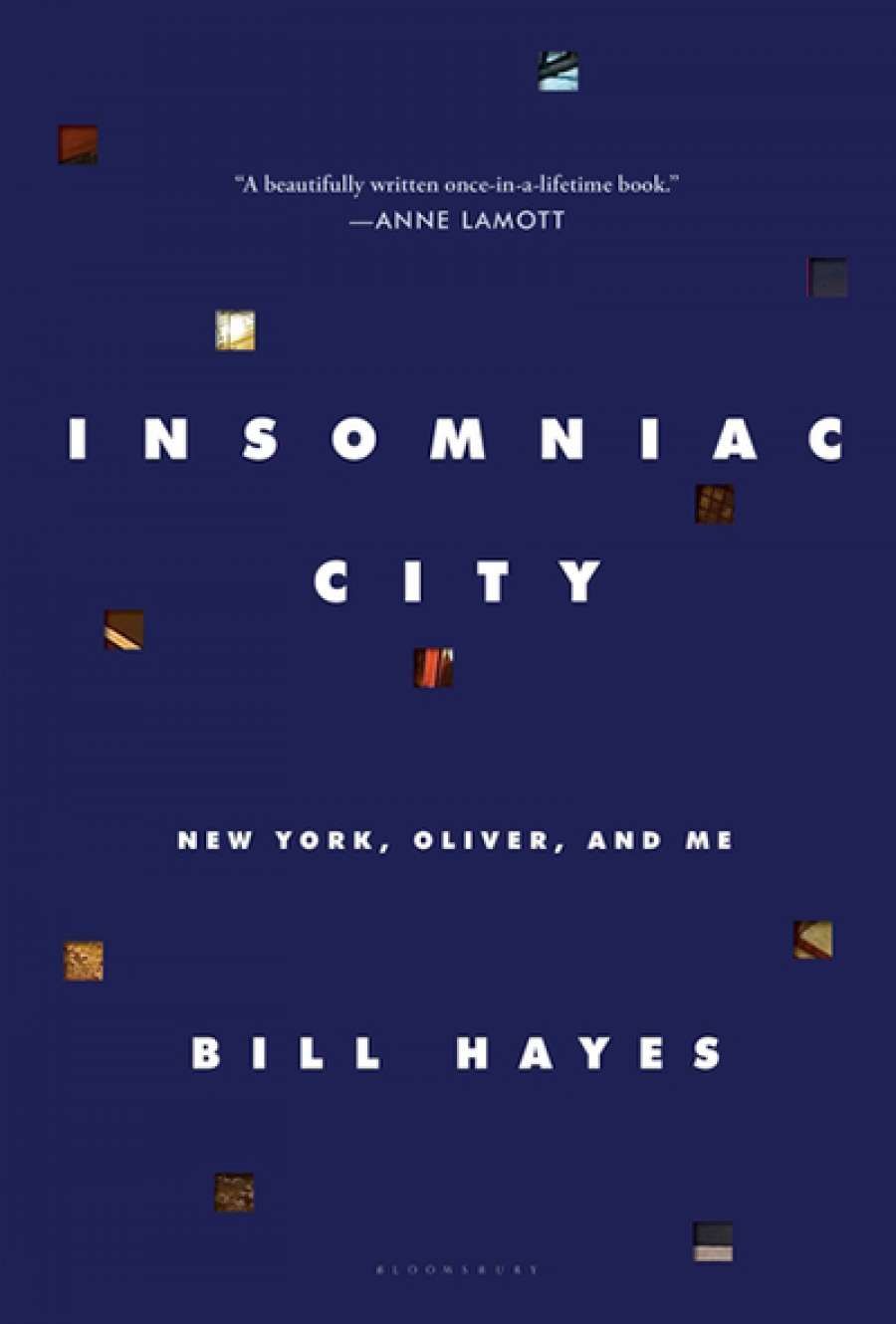
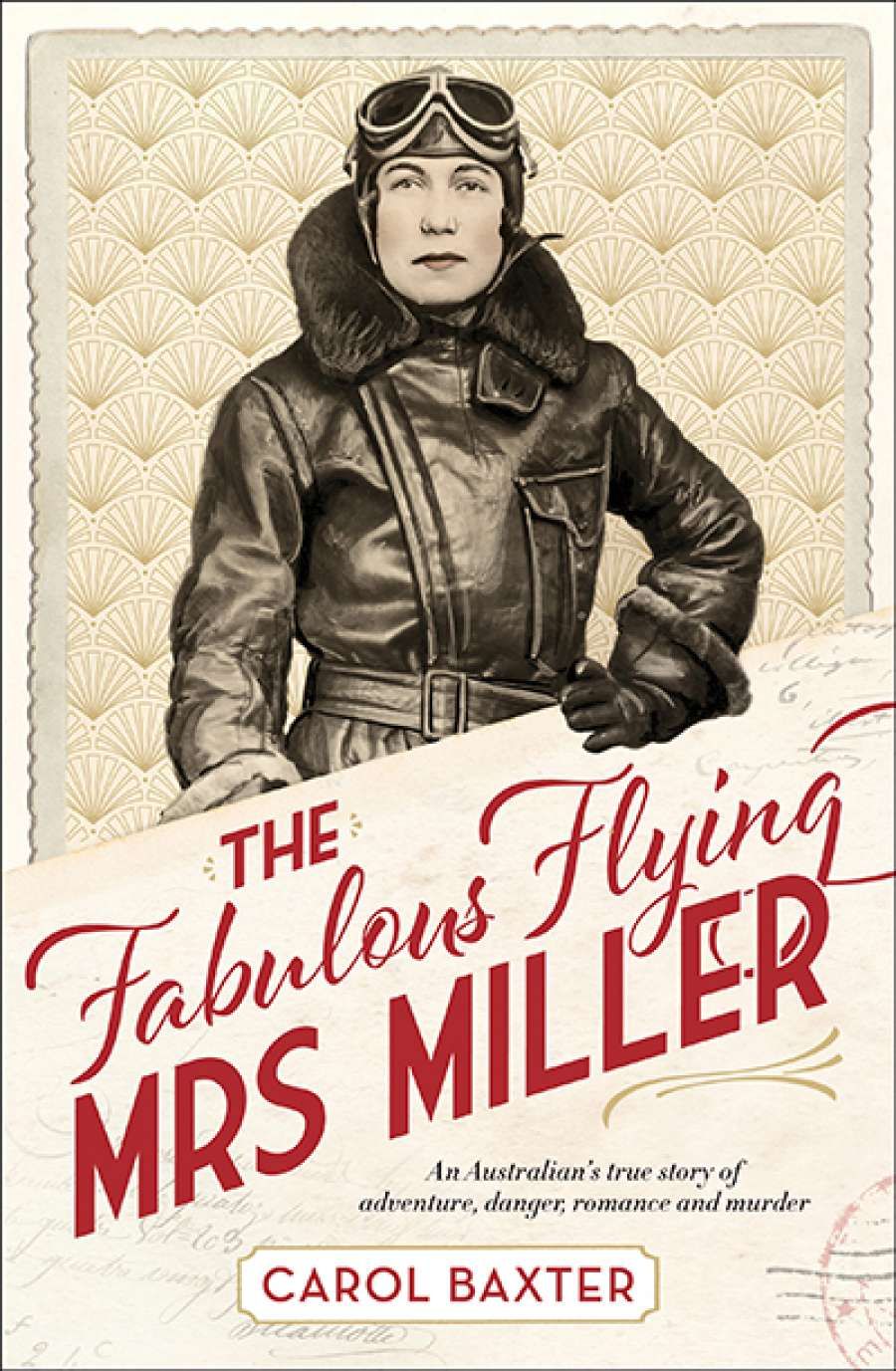
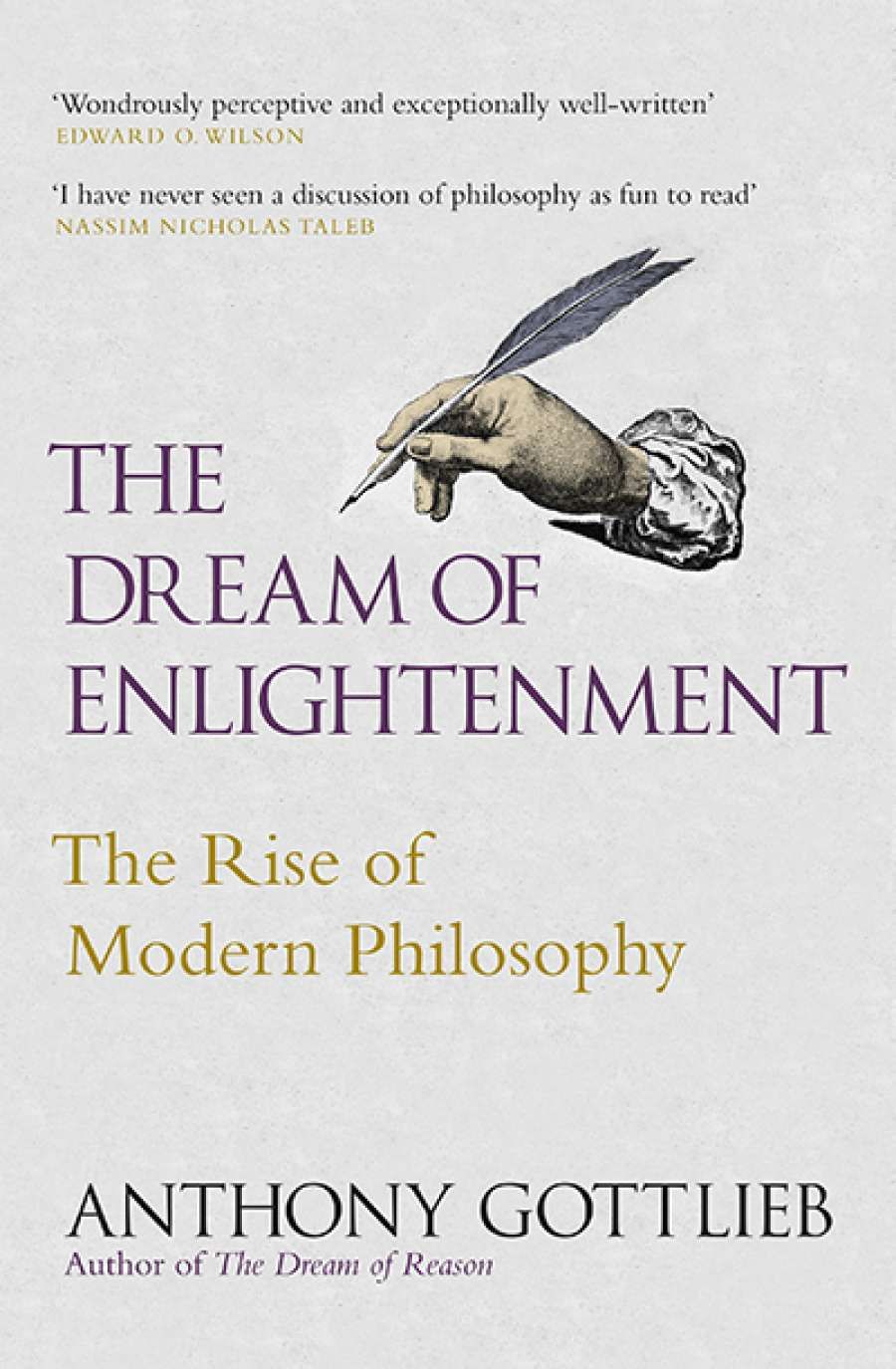
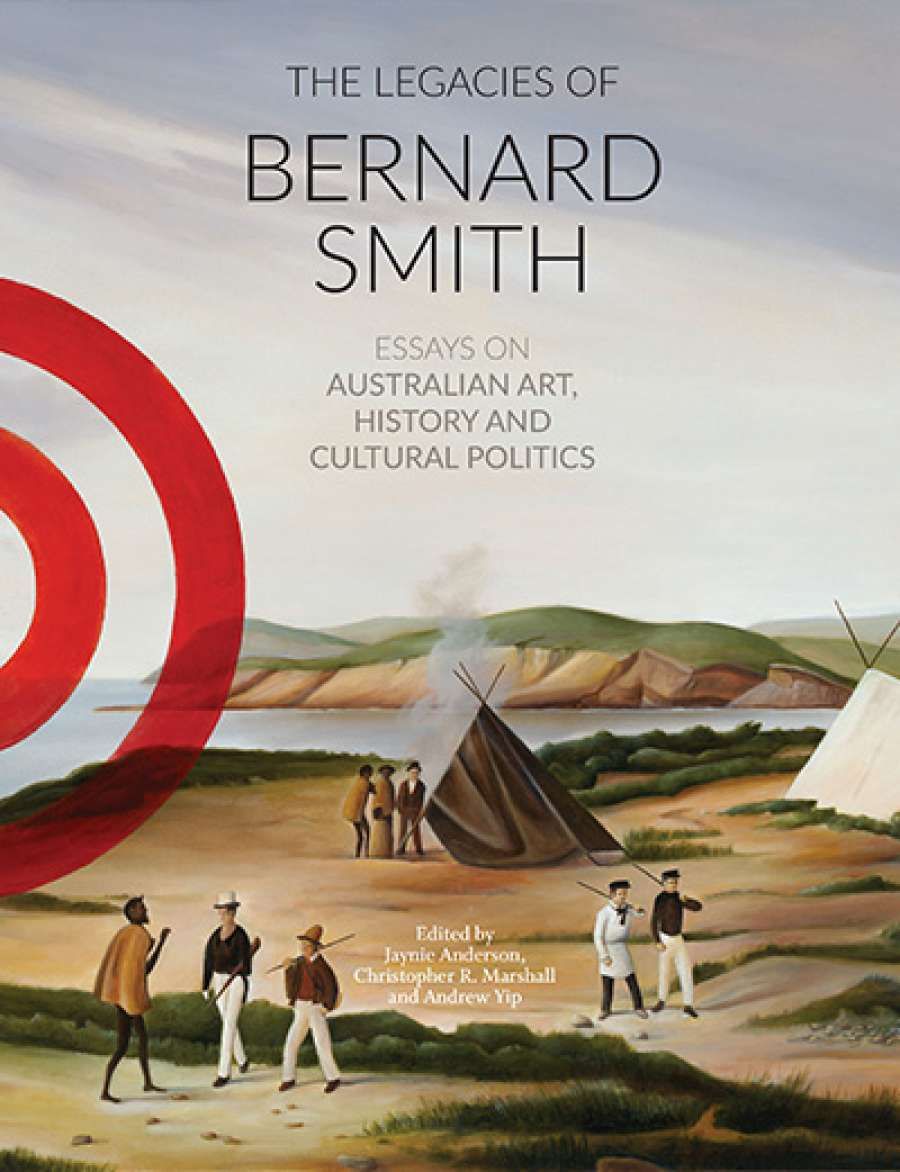
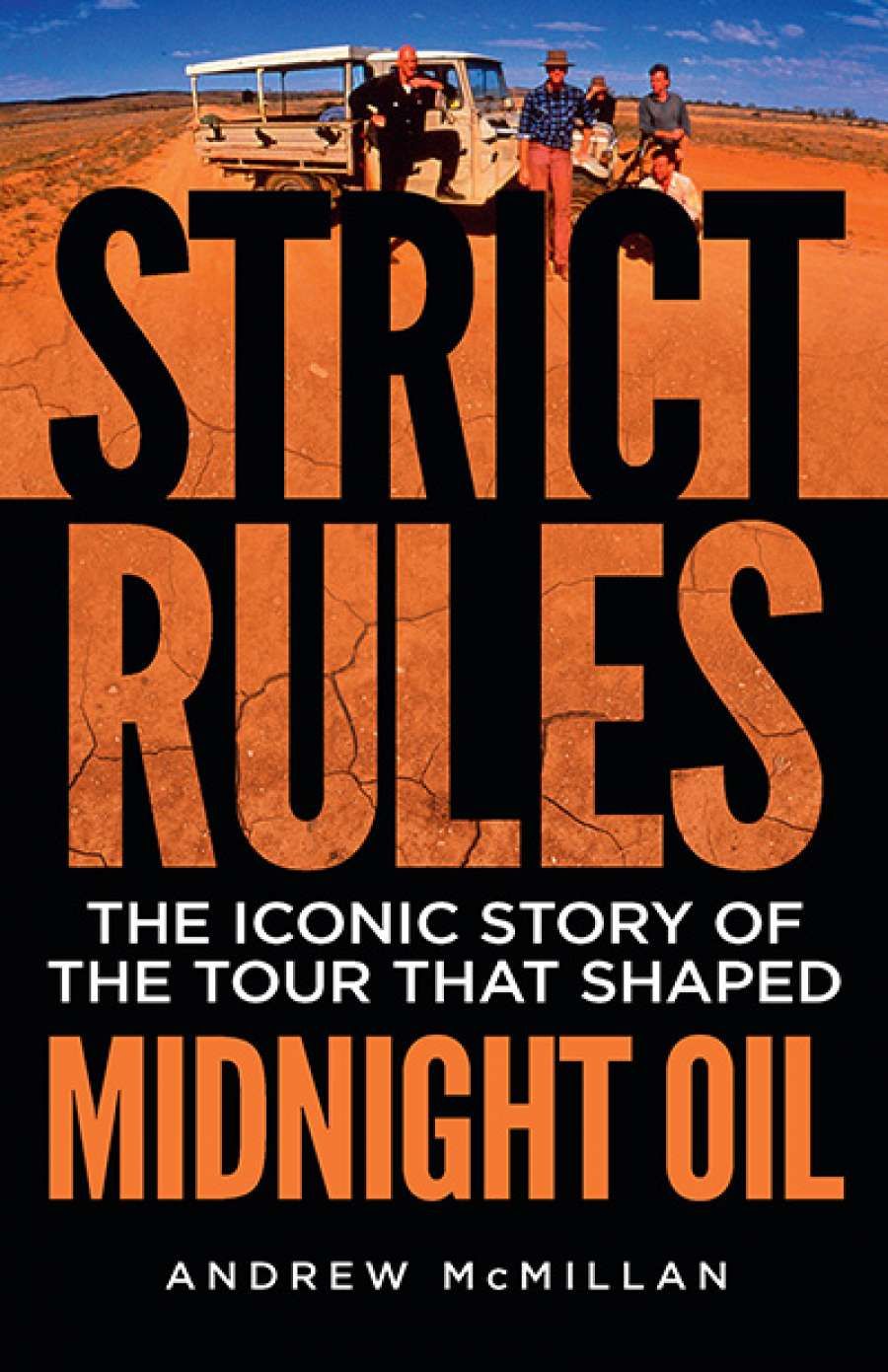
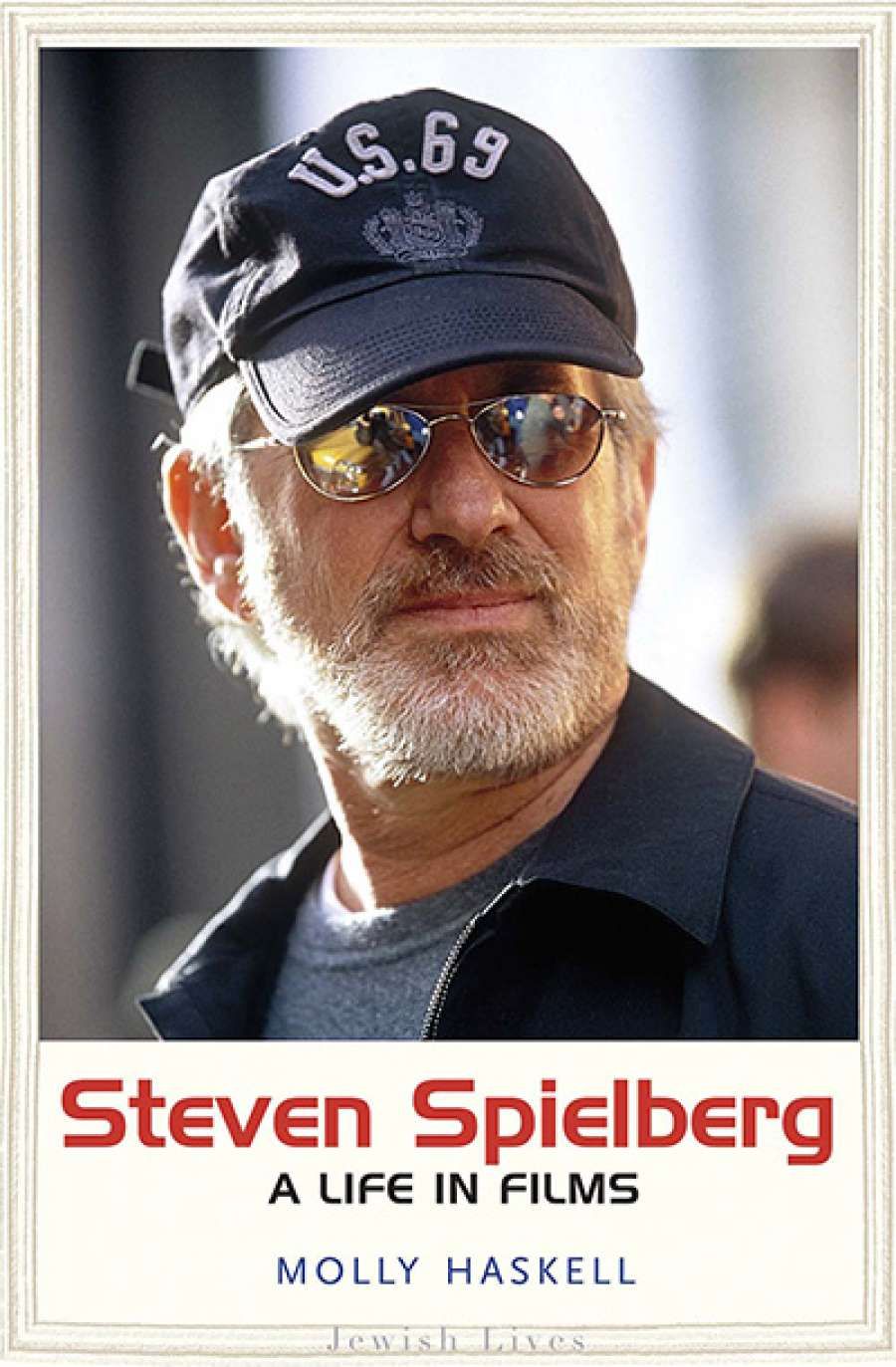

 I was about to land a cadetship with The Age, or so I thought. When I missed out, I applied for a job as a publishing assistant with Cambridge University Press. Before long I was working in CUP’s Sydney office, a terrace in Surry Hills. Bits of crumbling wall would fall onto our desks, so manuscripts were often covered in sand. It has always been a glamorous industry, but one I’m very glad I fell into.
I was about to land a cadetship with The Age, or so I thought. When I missed out, I applied for a job as a publishing assistant with Cambridge University Press. Before long I was working in CUP’s Sydney office, a terrace in Surry Hills. Bits of crumbling wall would fall onto our desks, so manuscripts were often covered in sand. It has always been a glamorous industry, but one I’m very glad I fell into.

